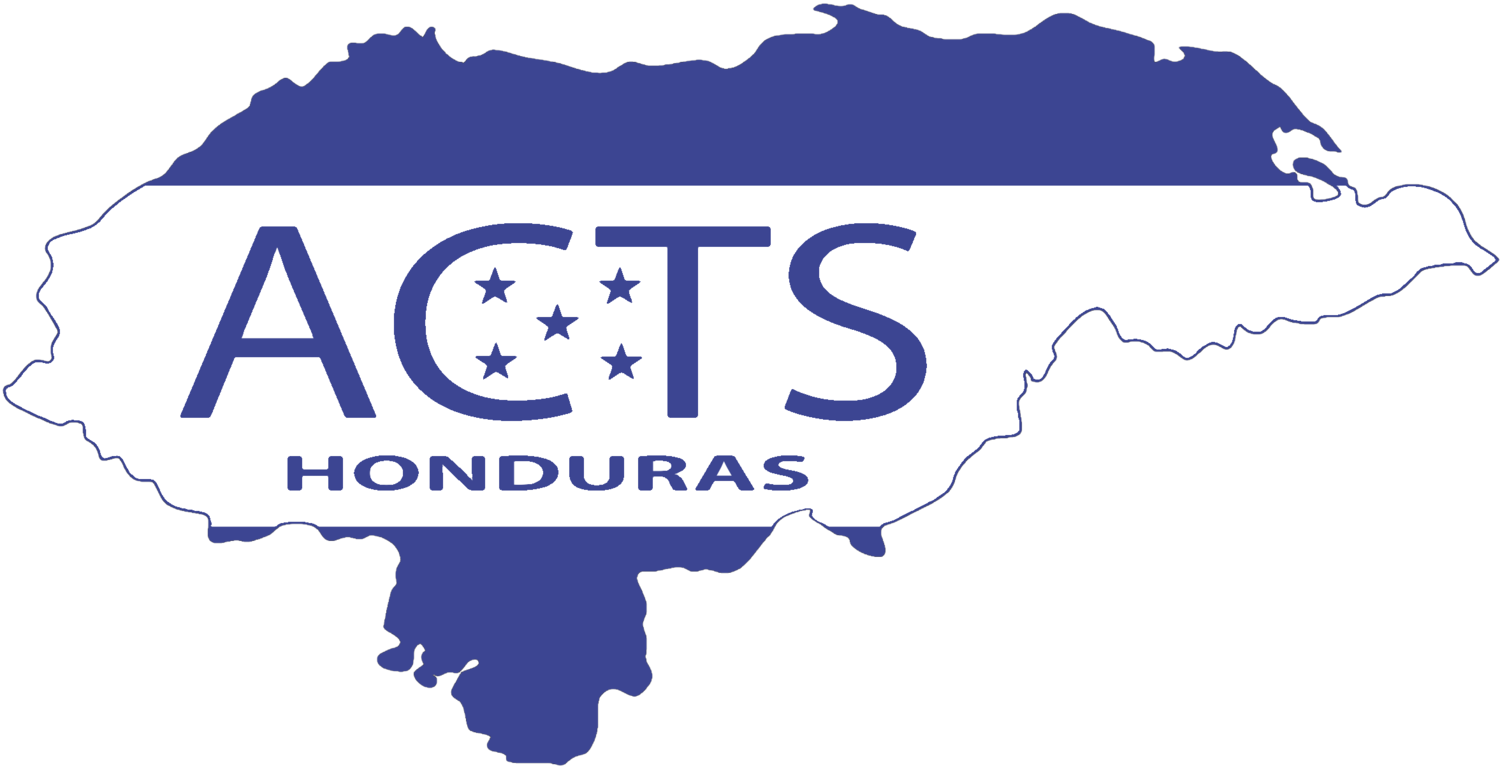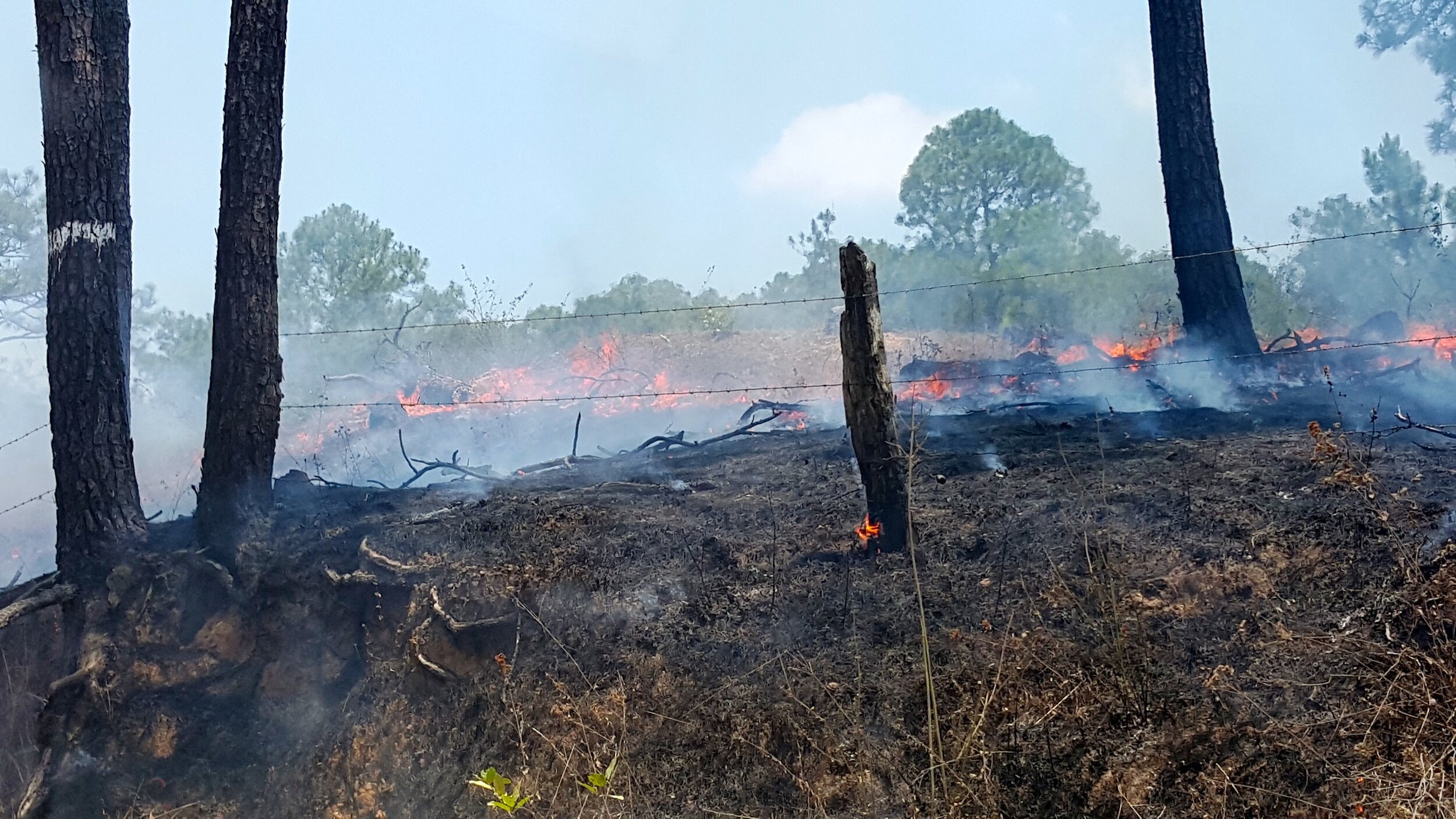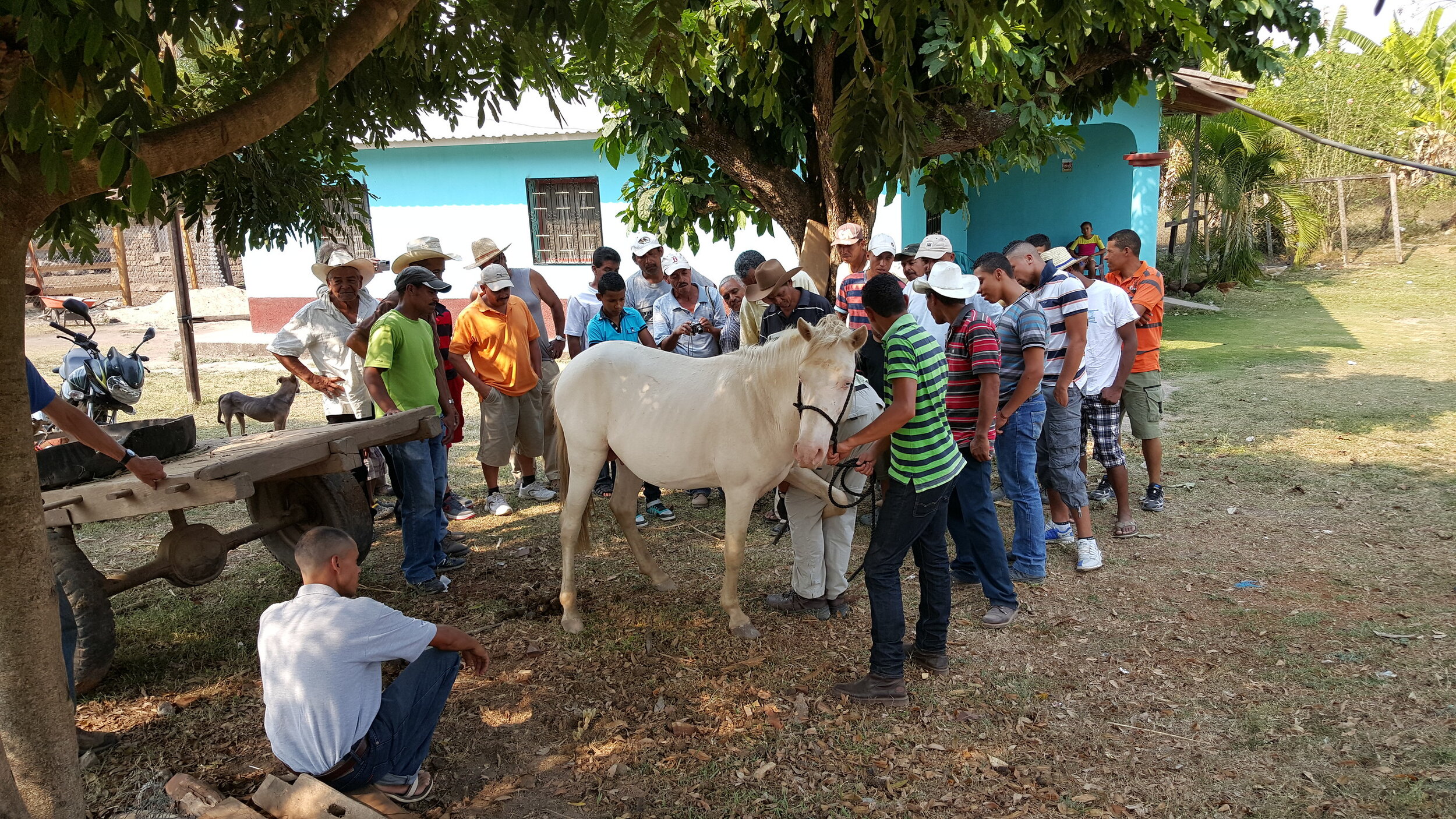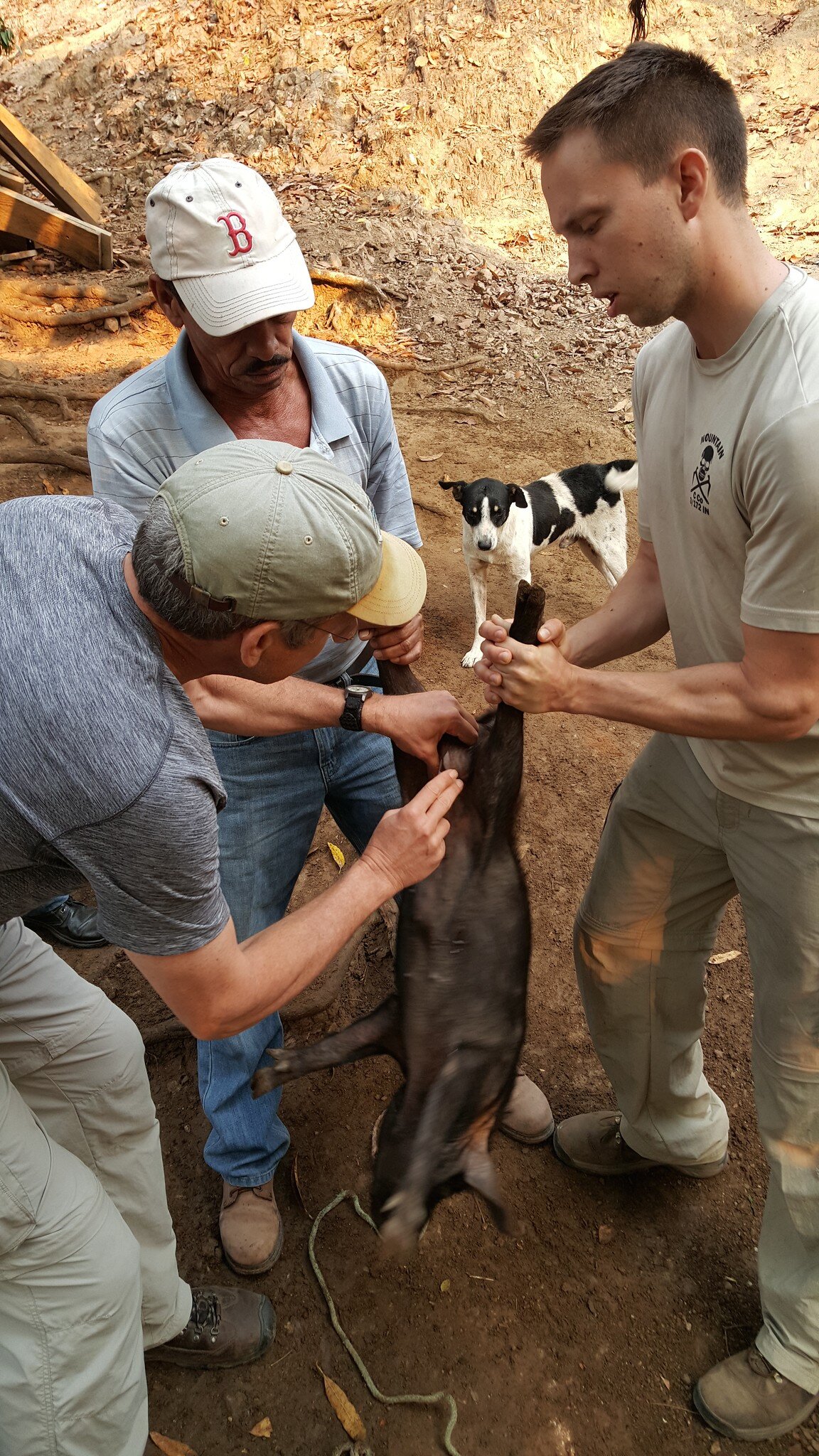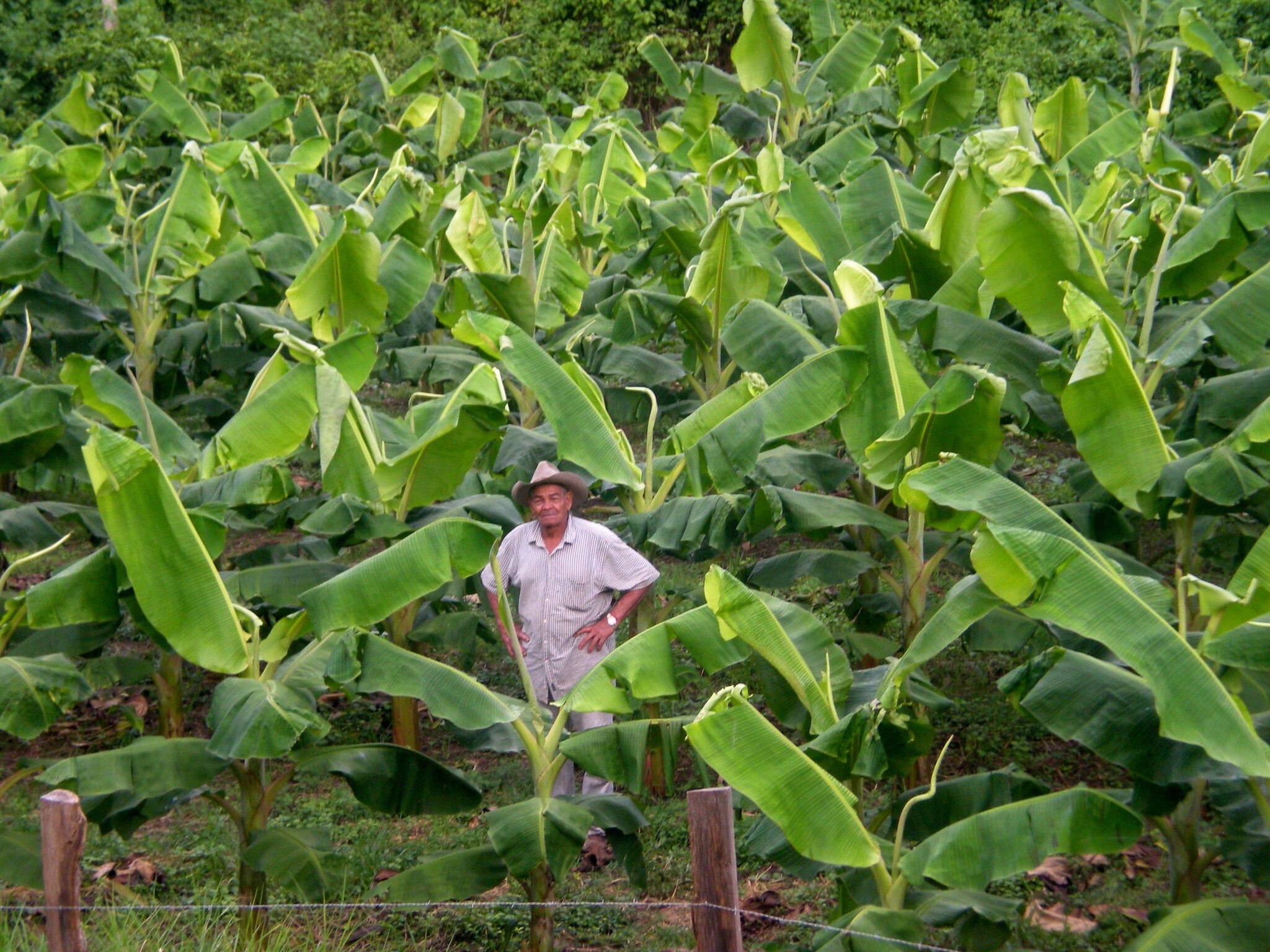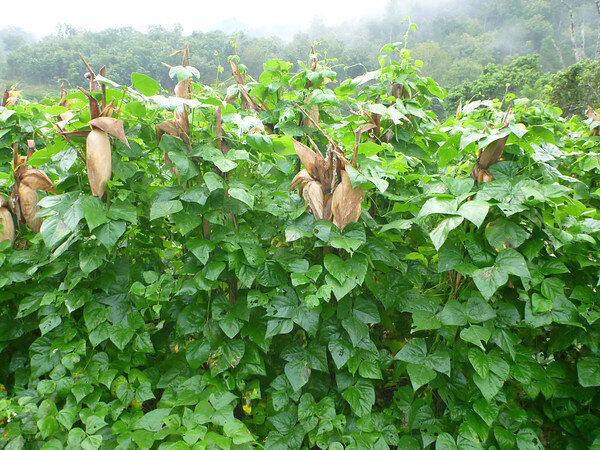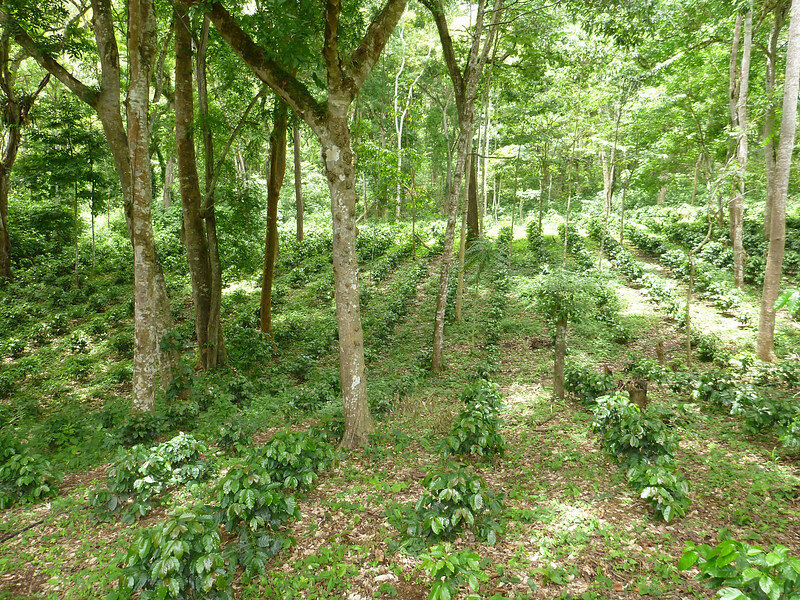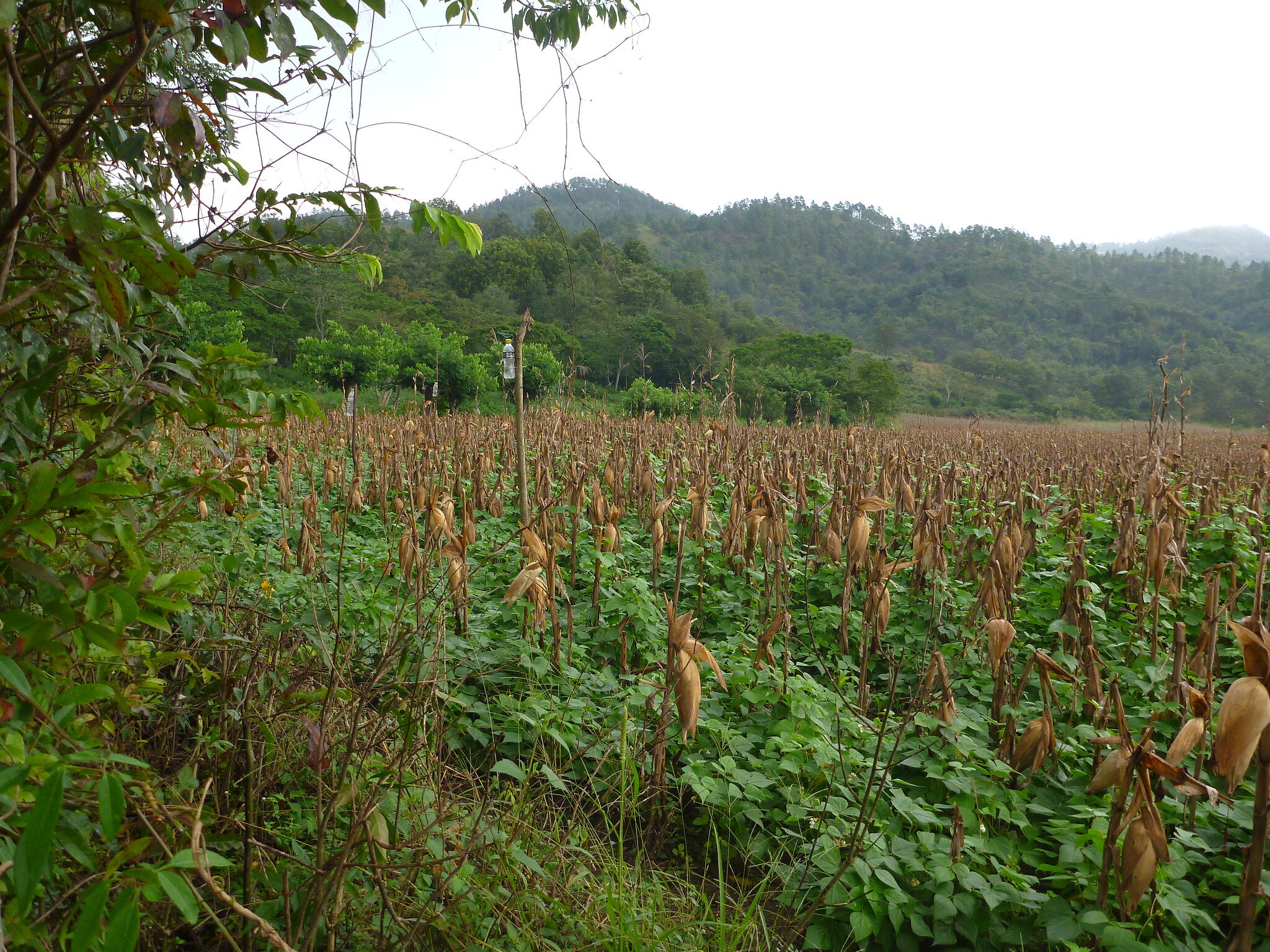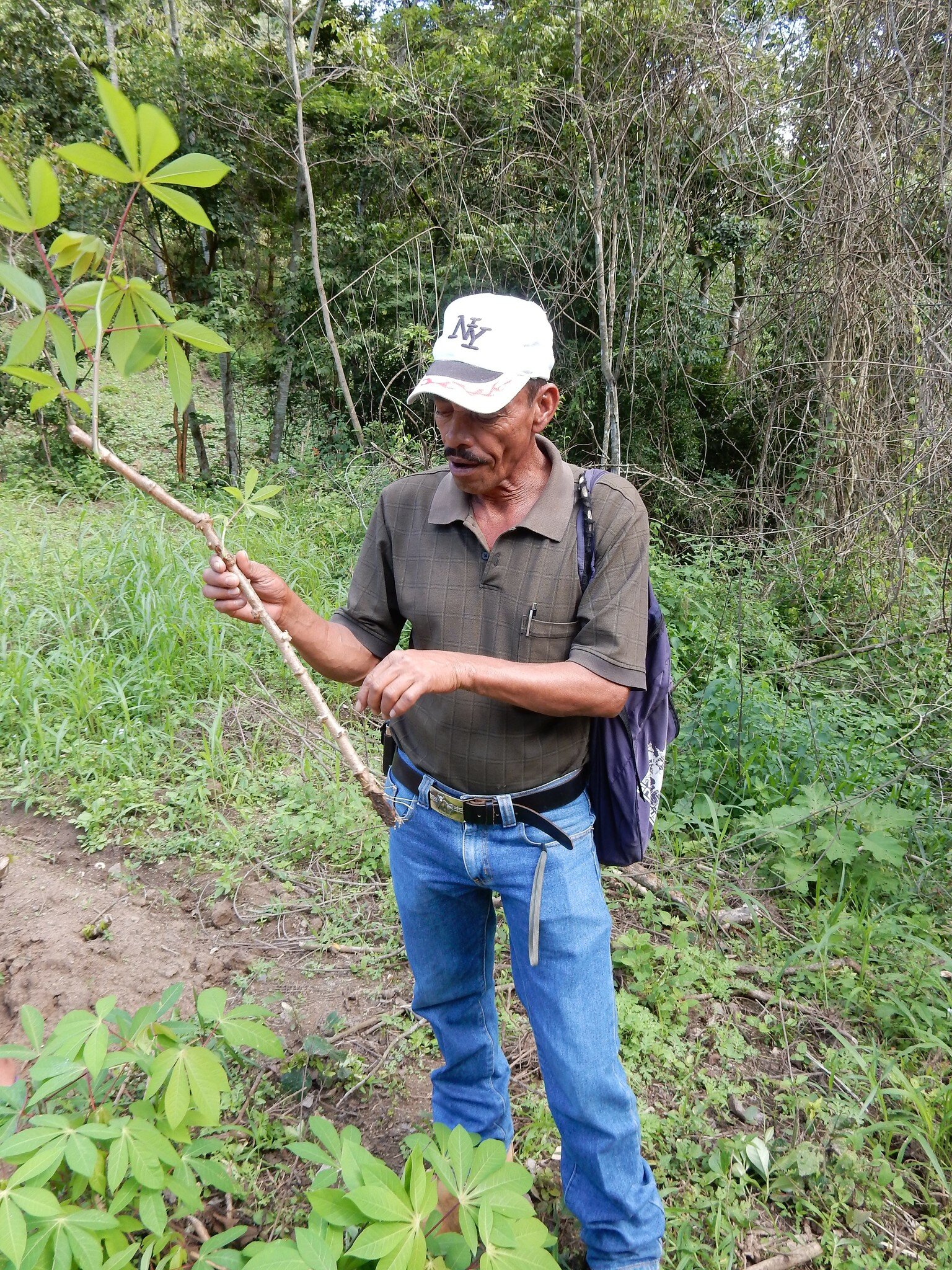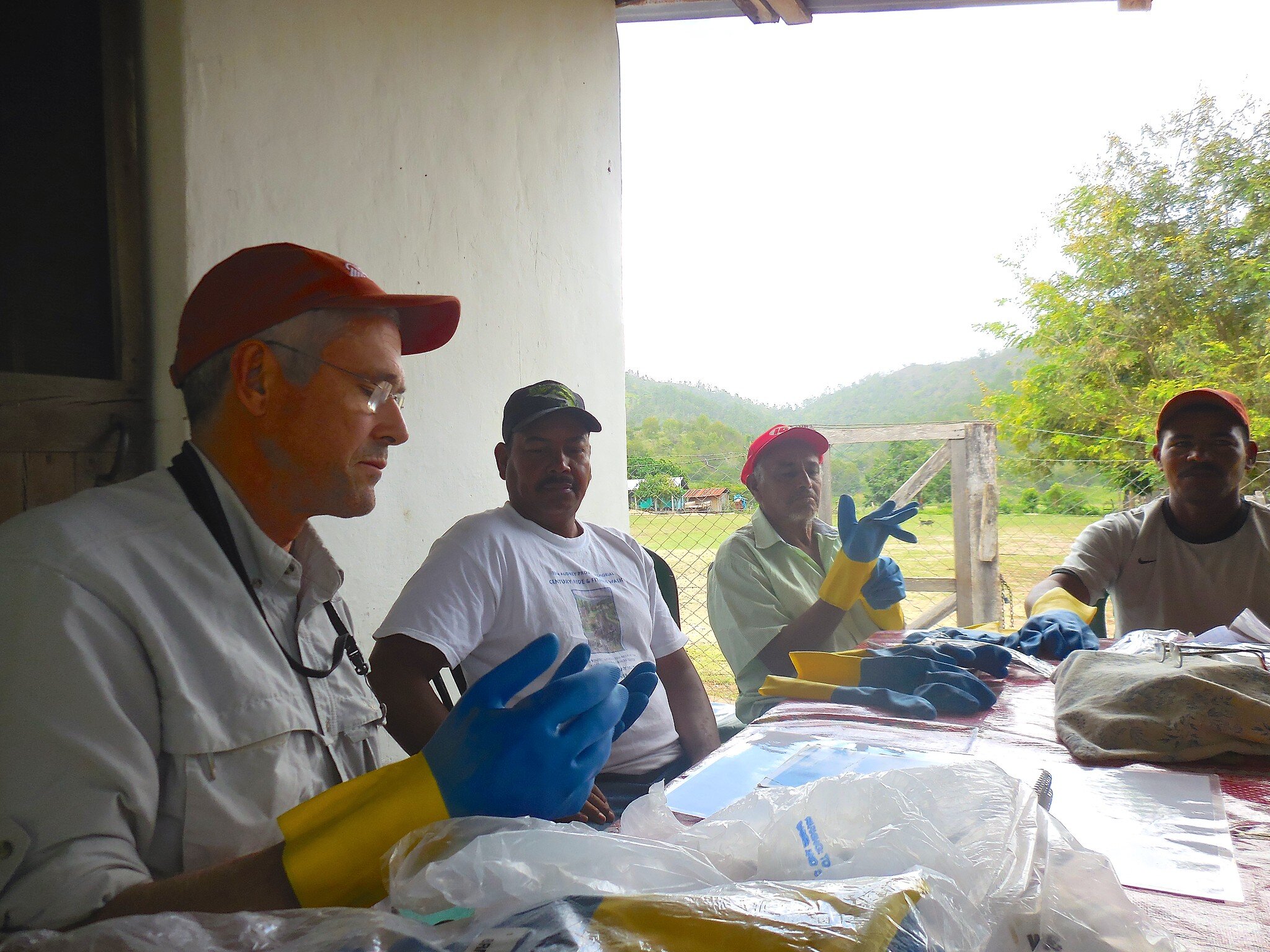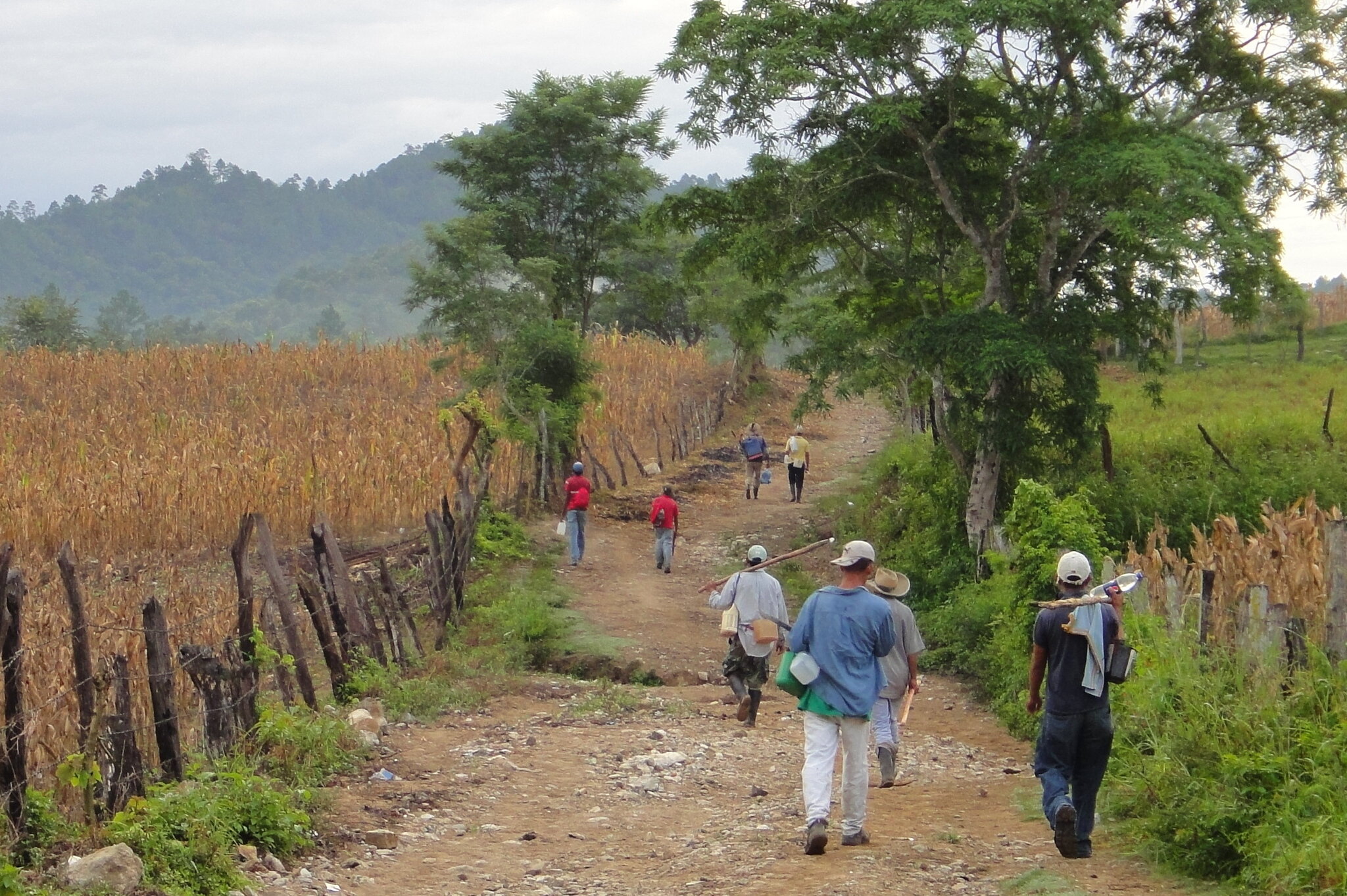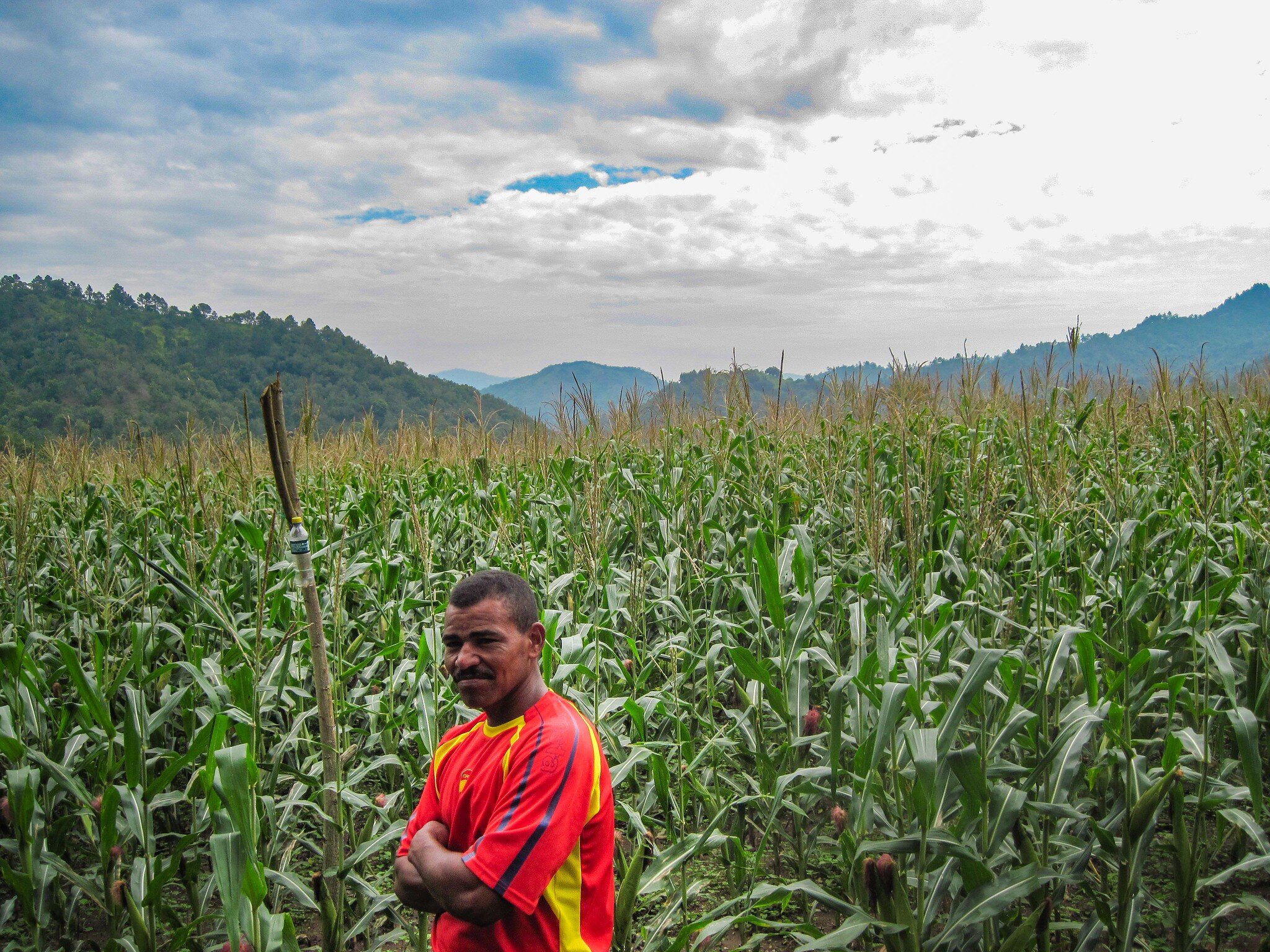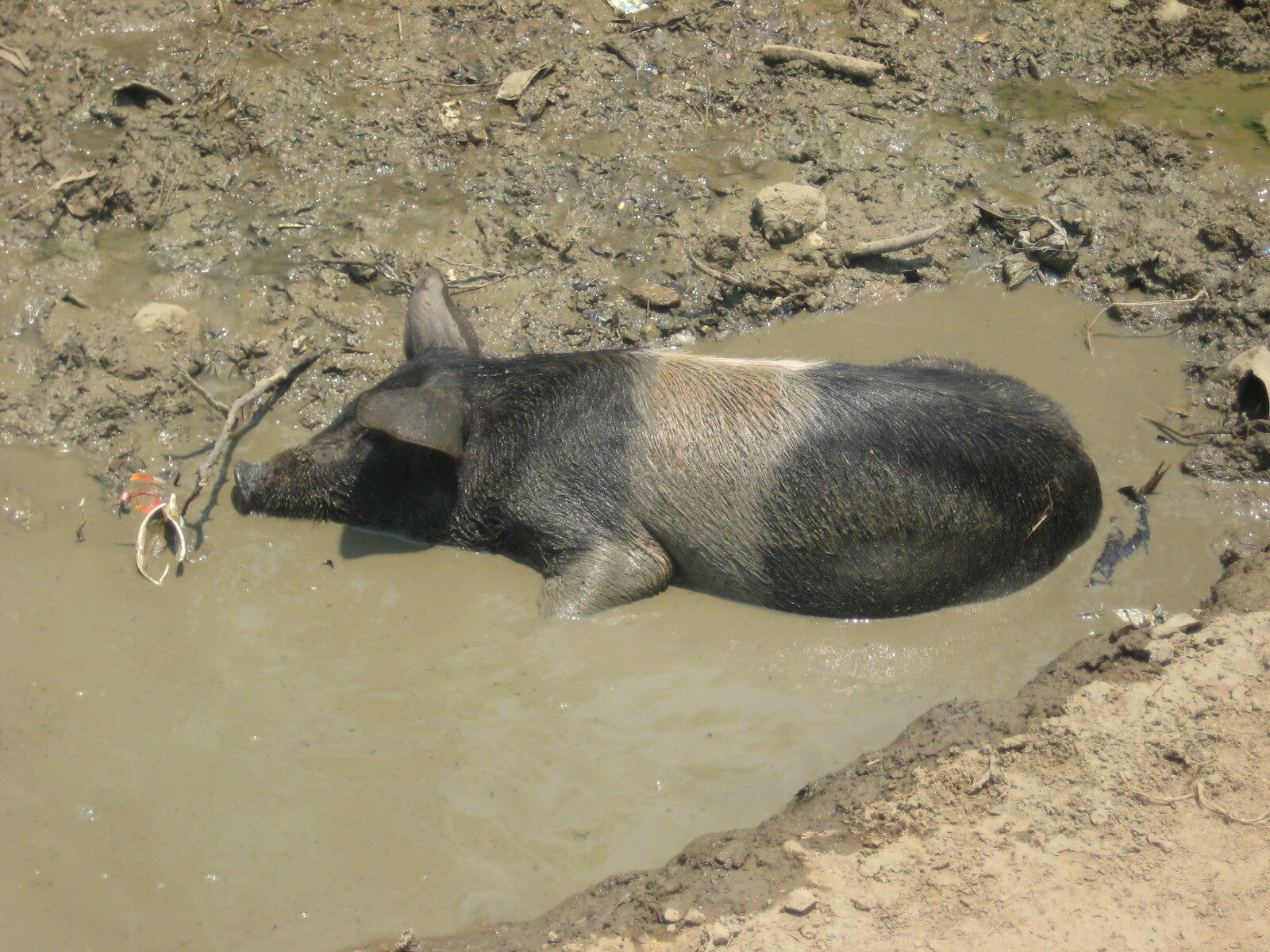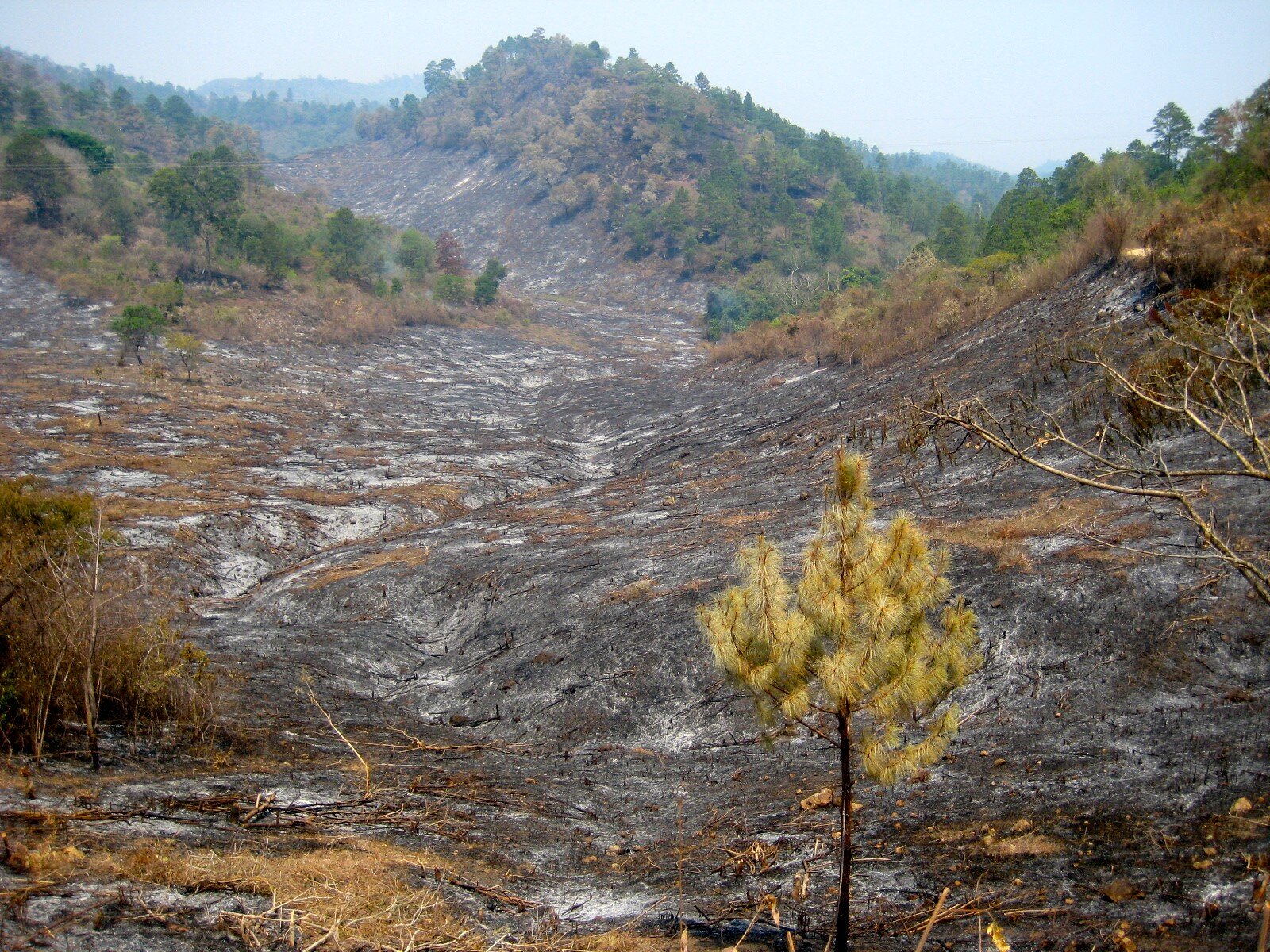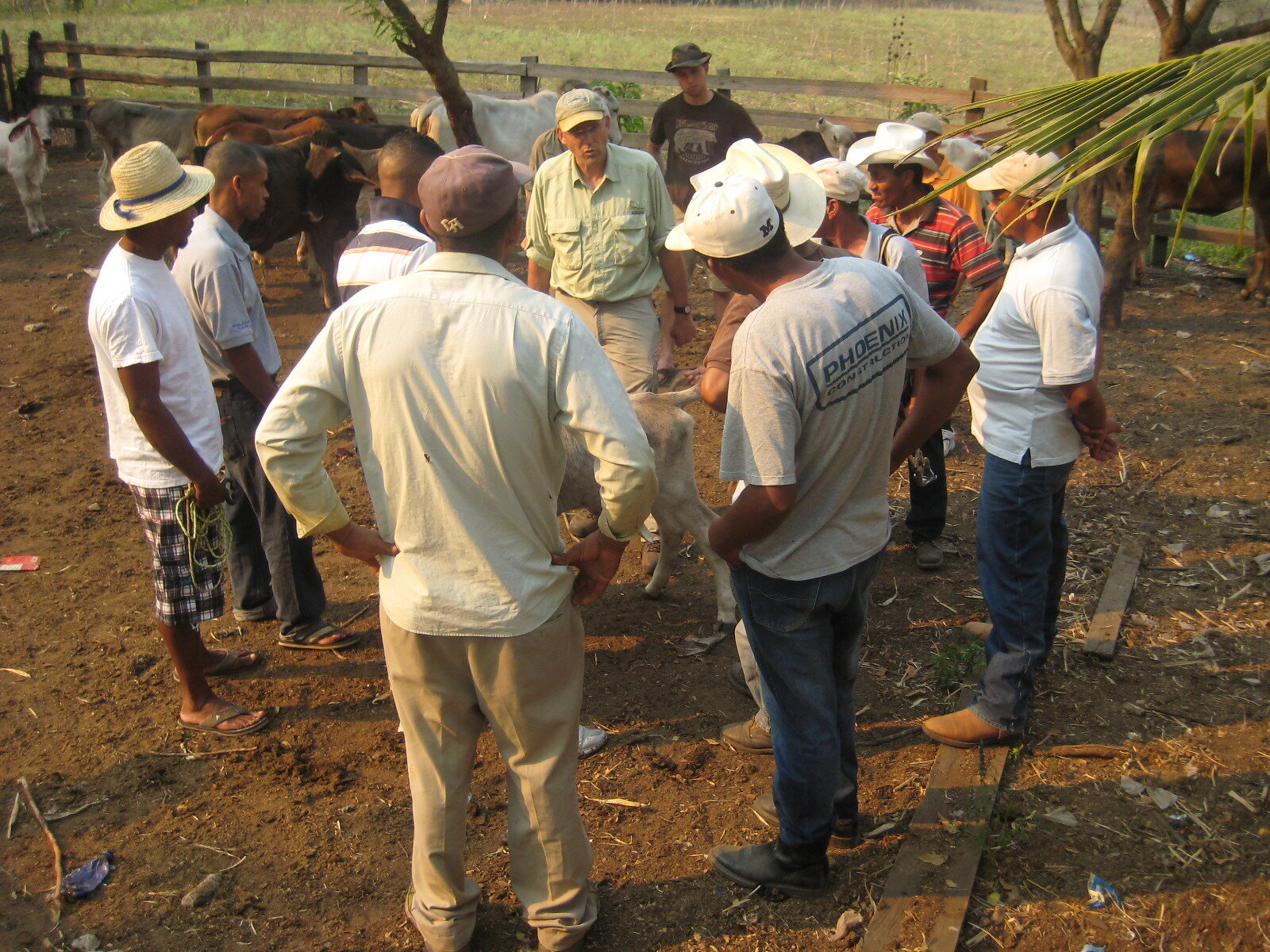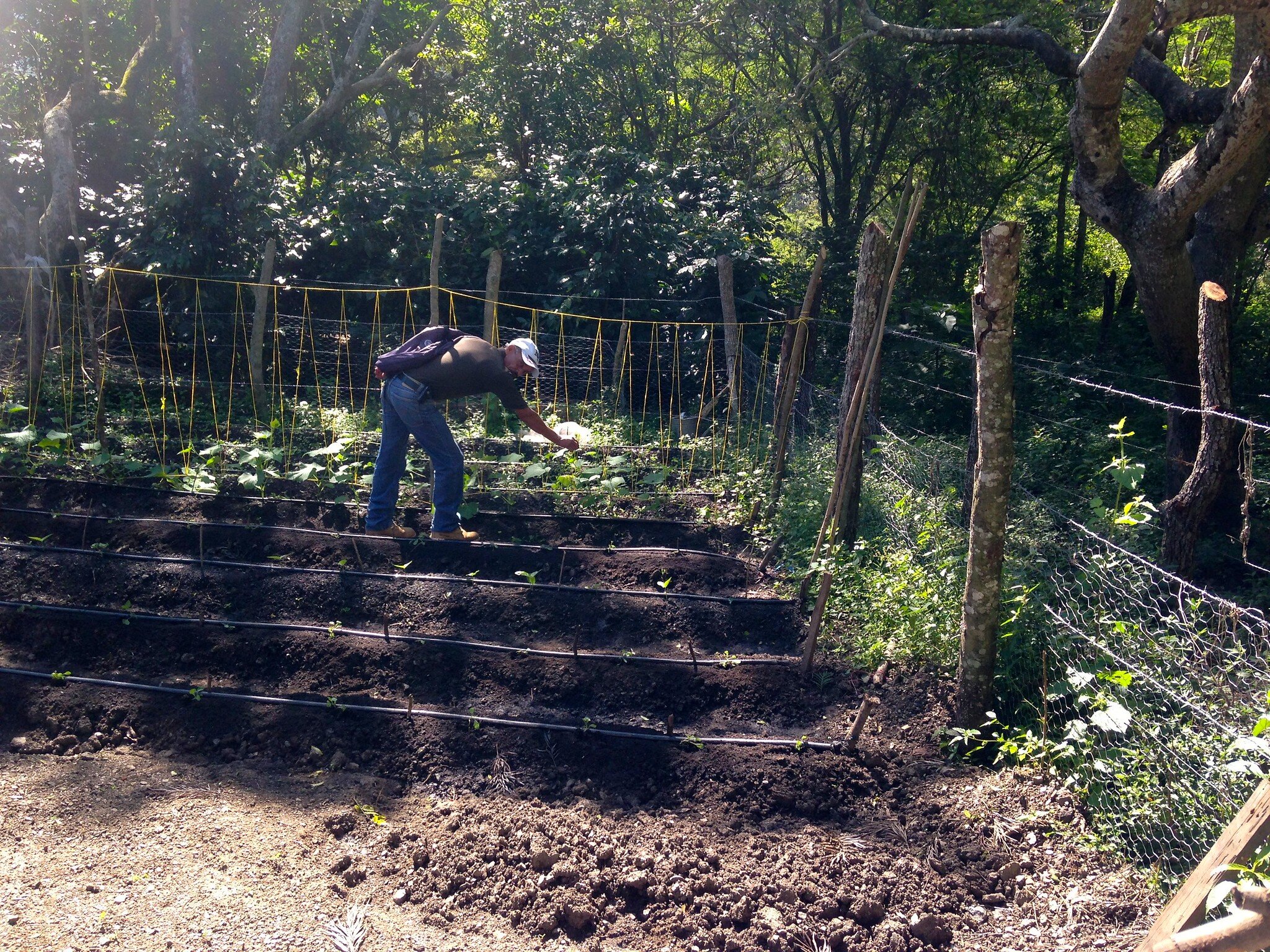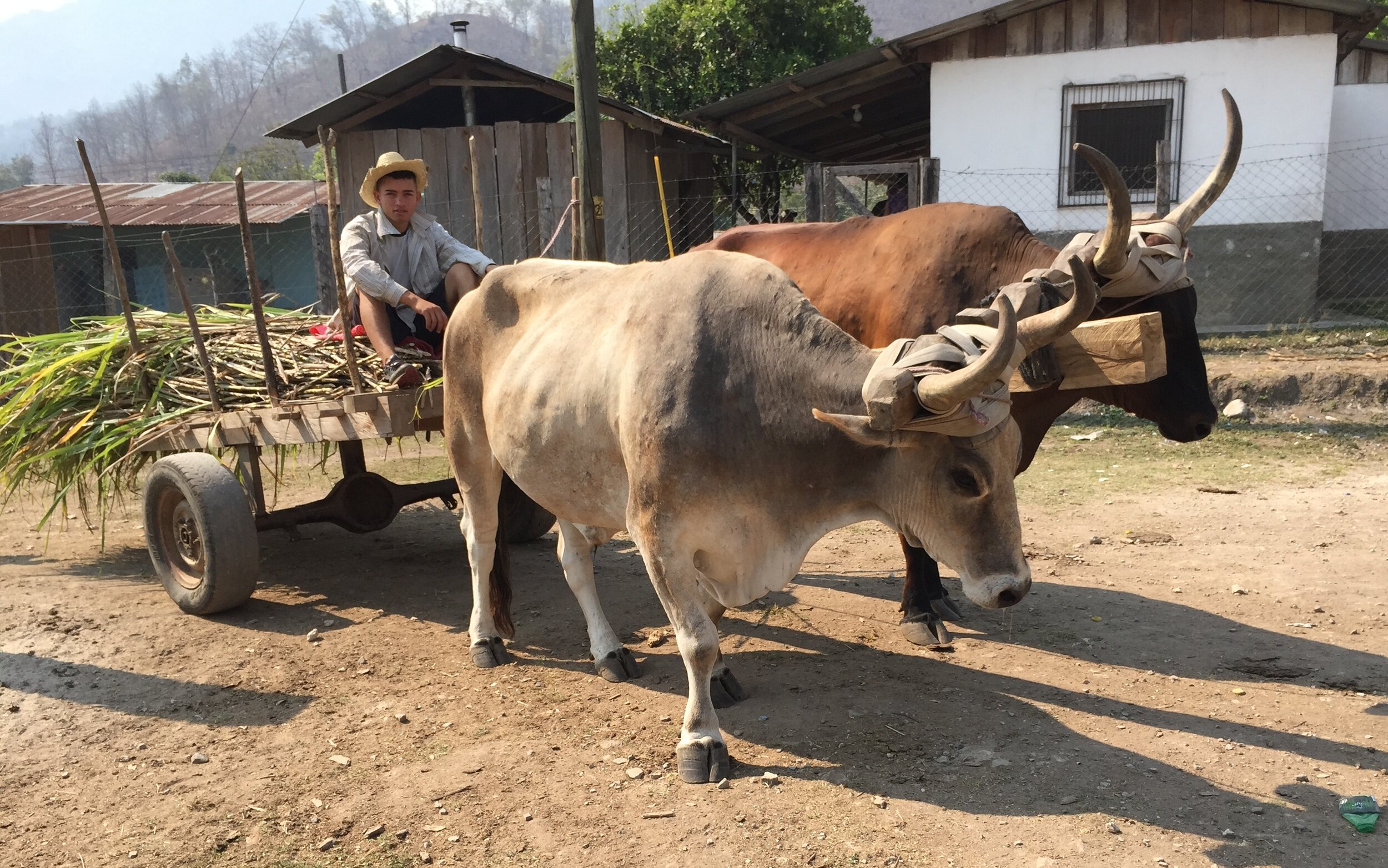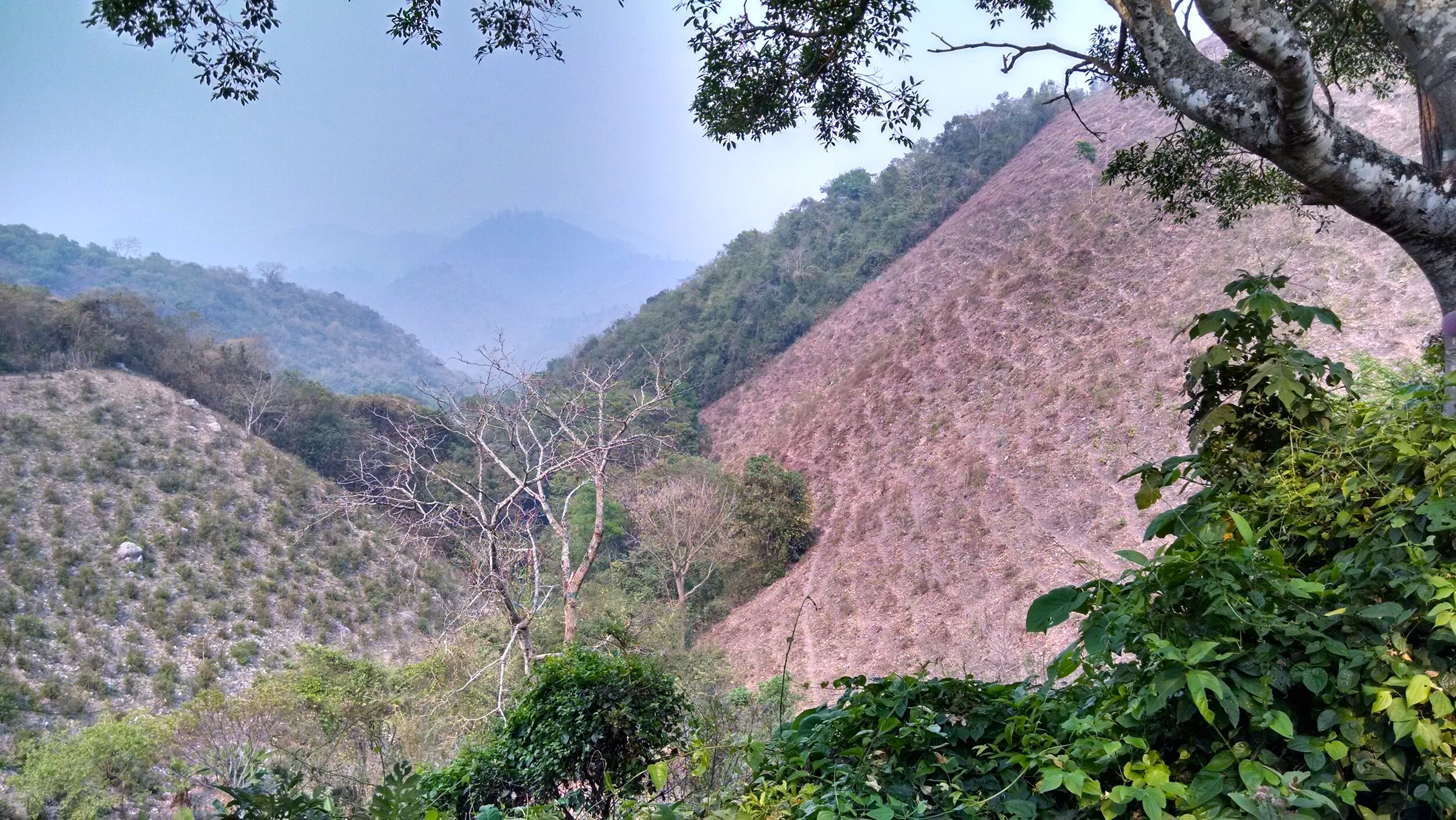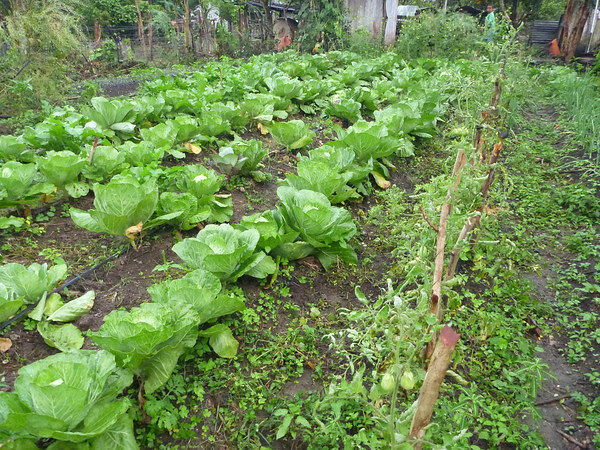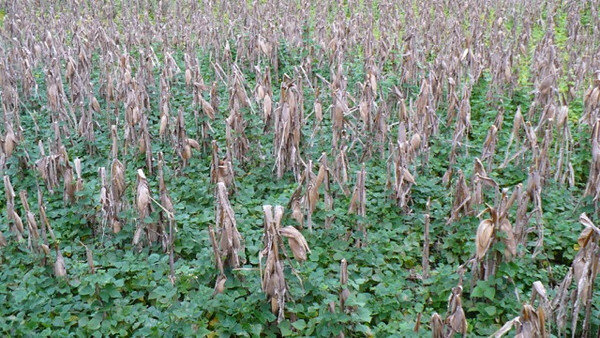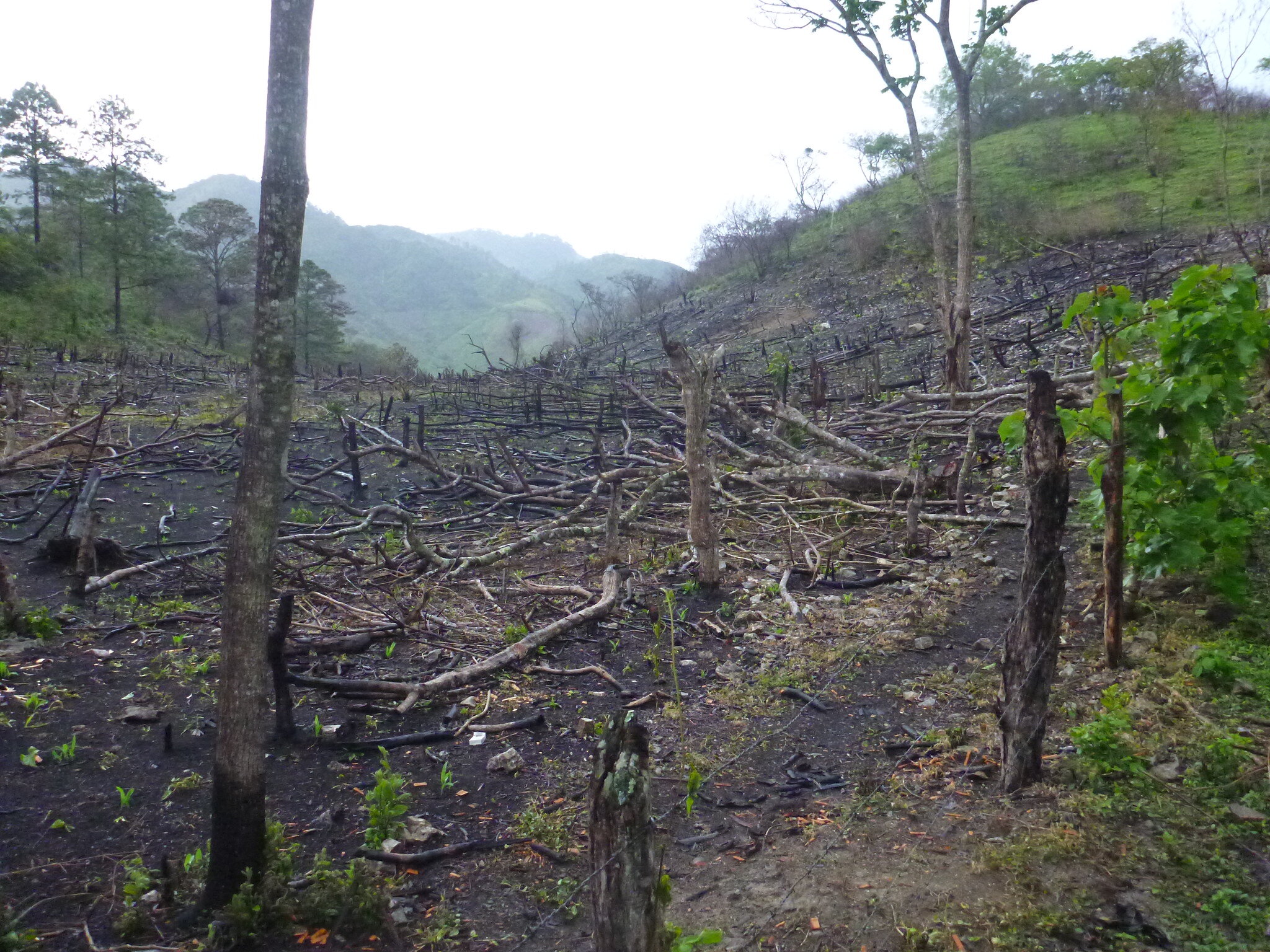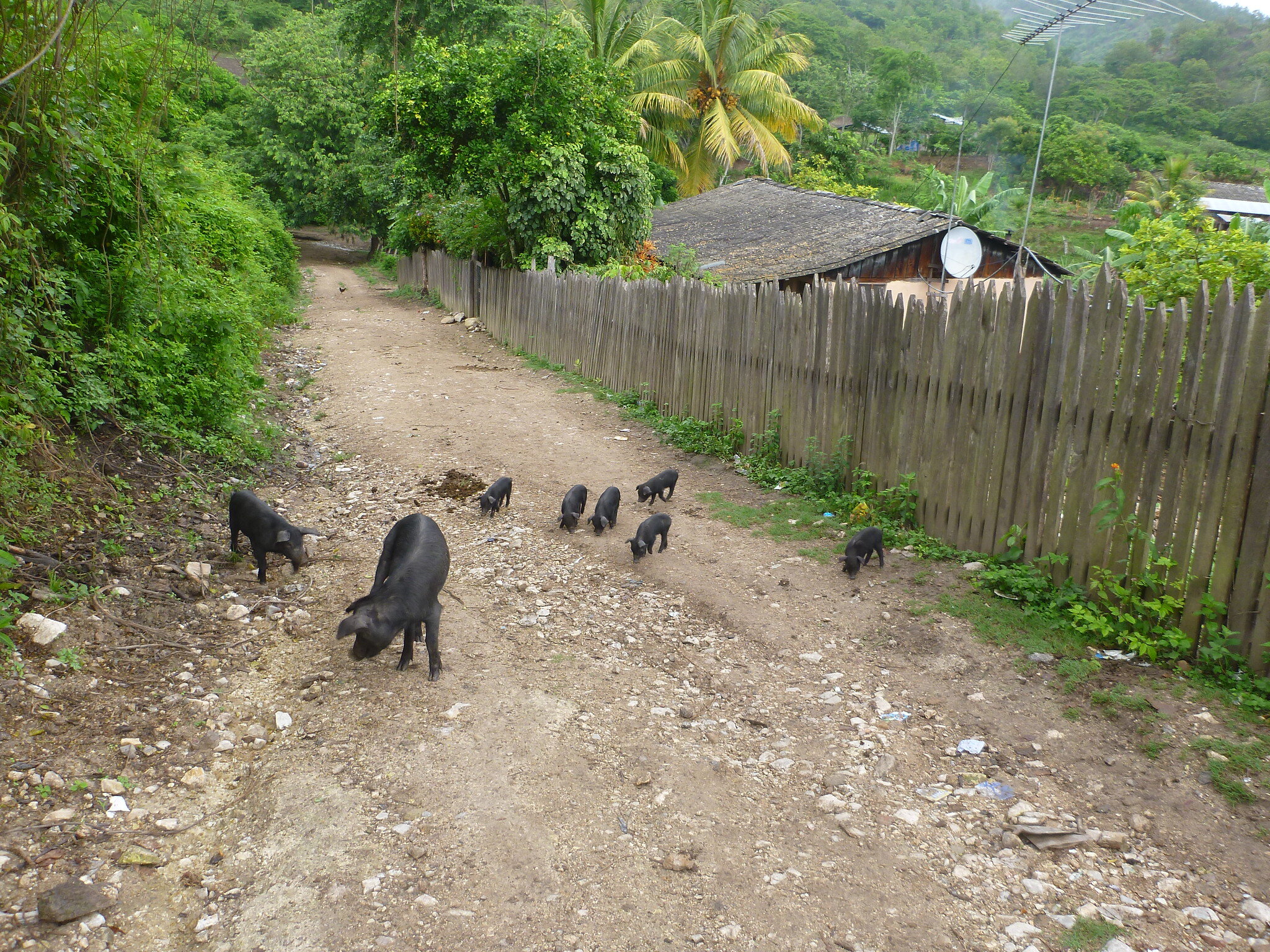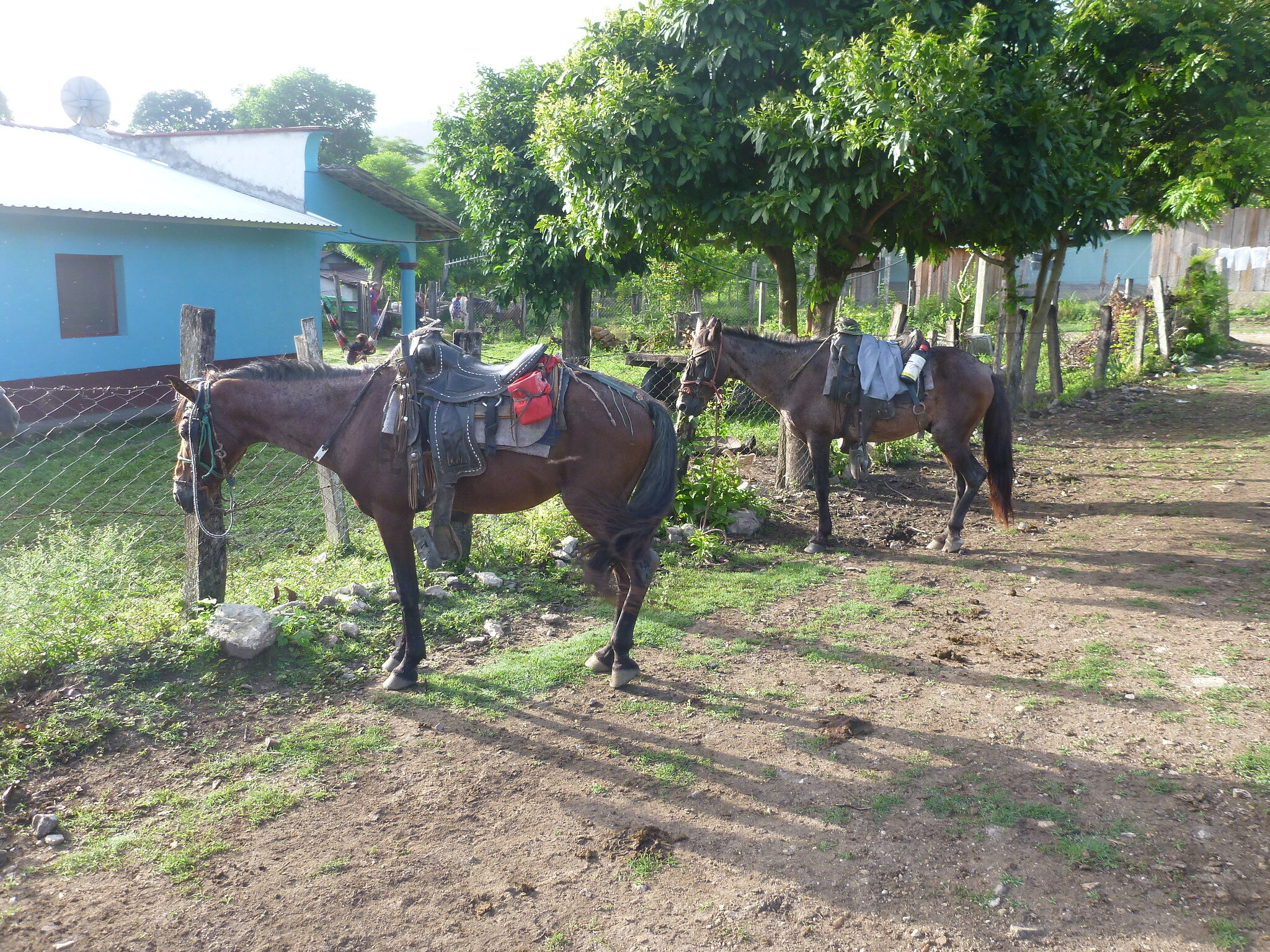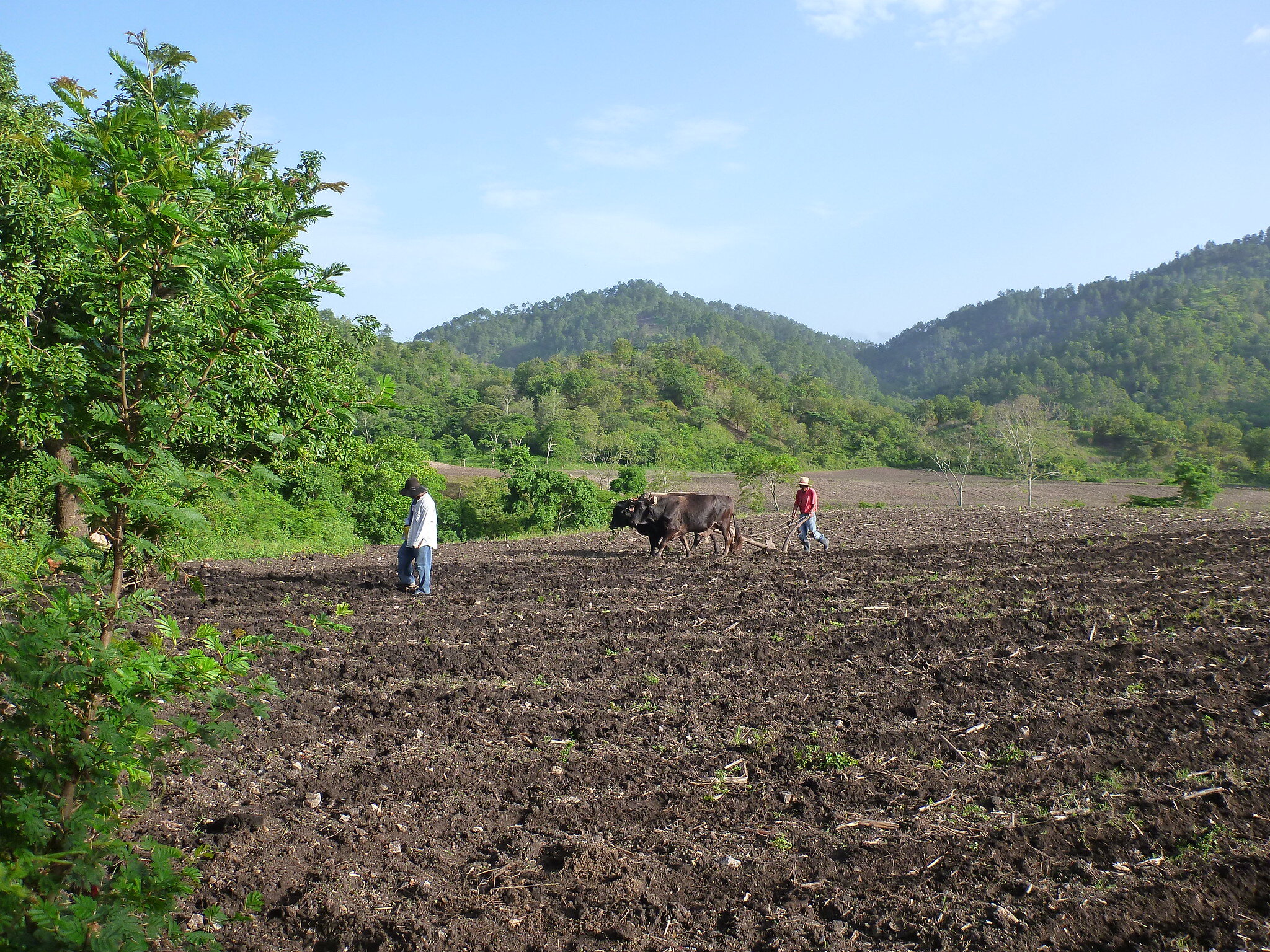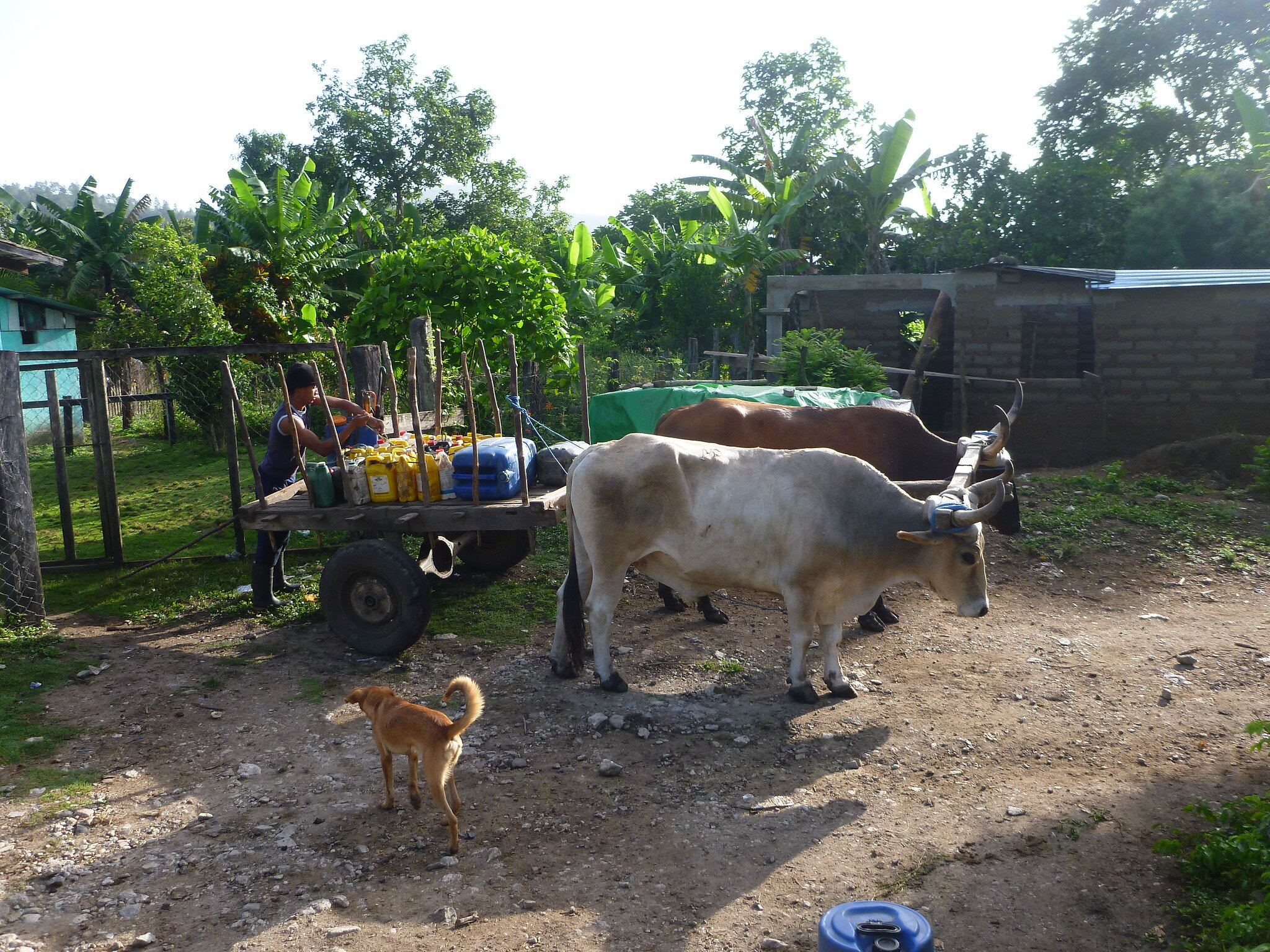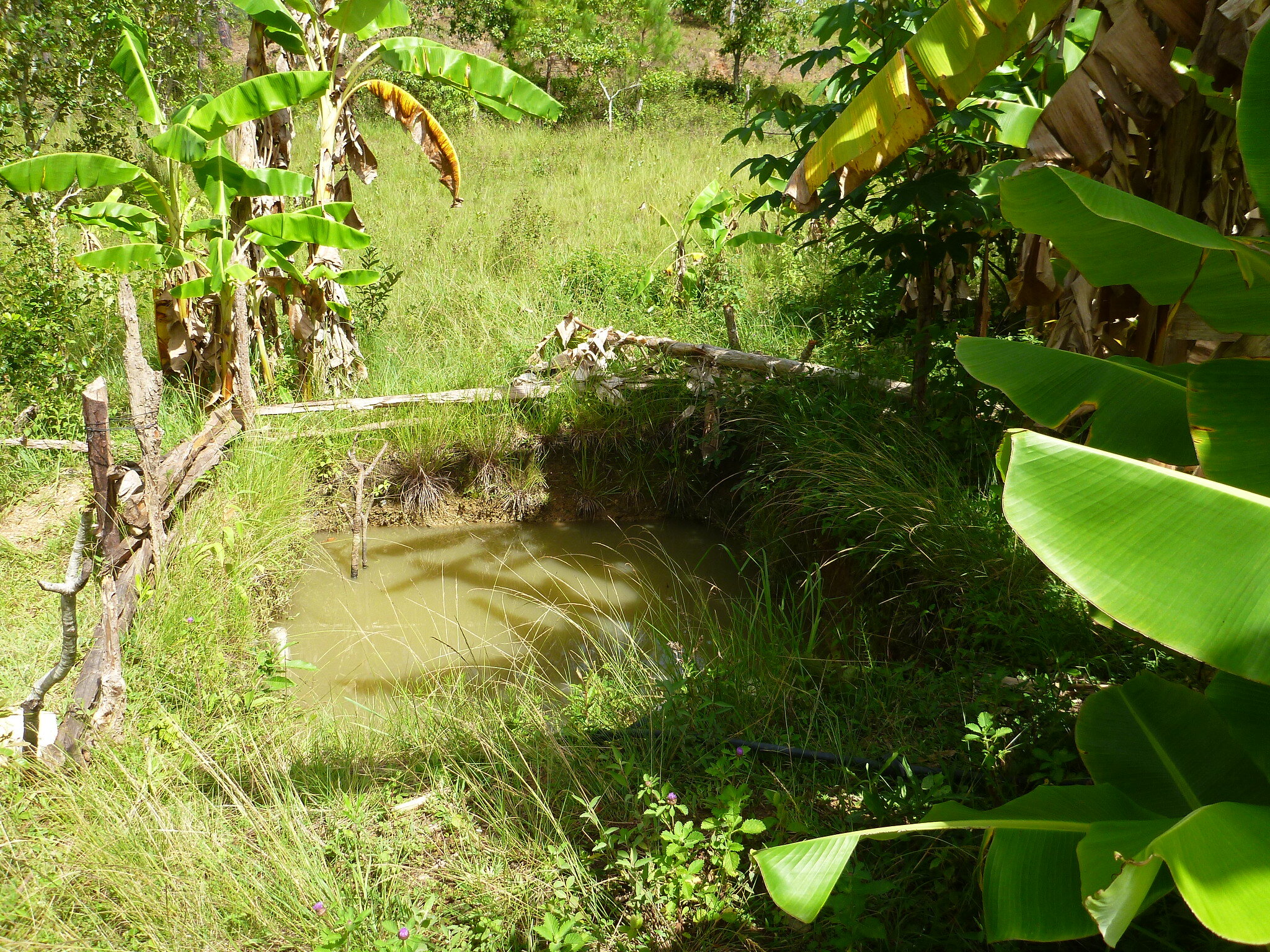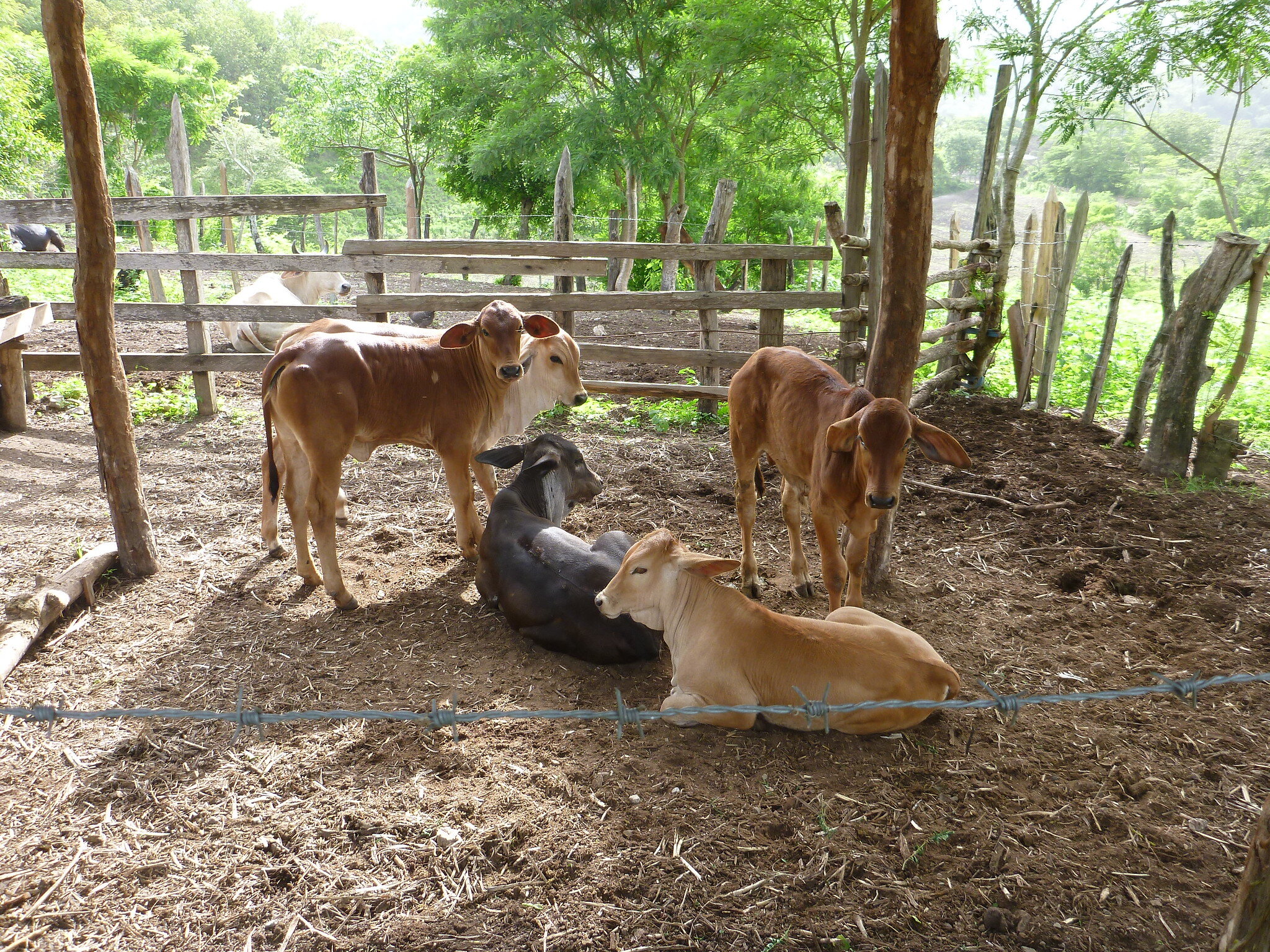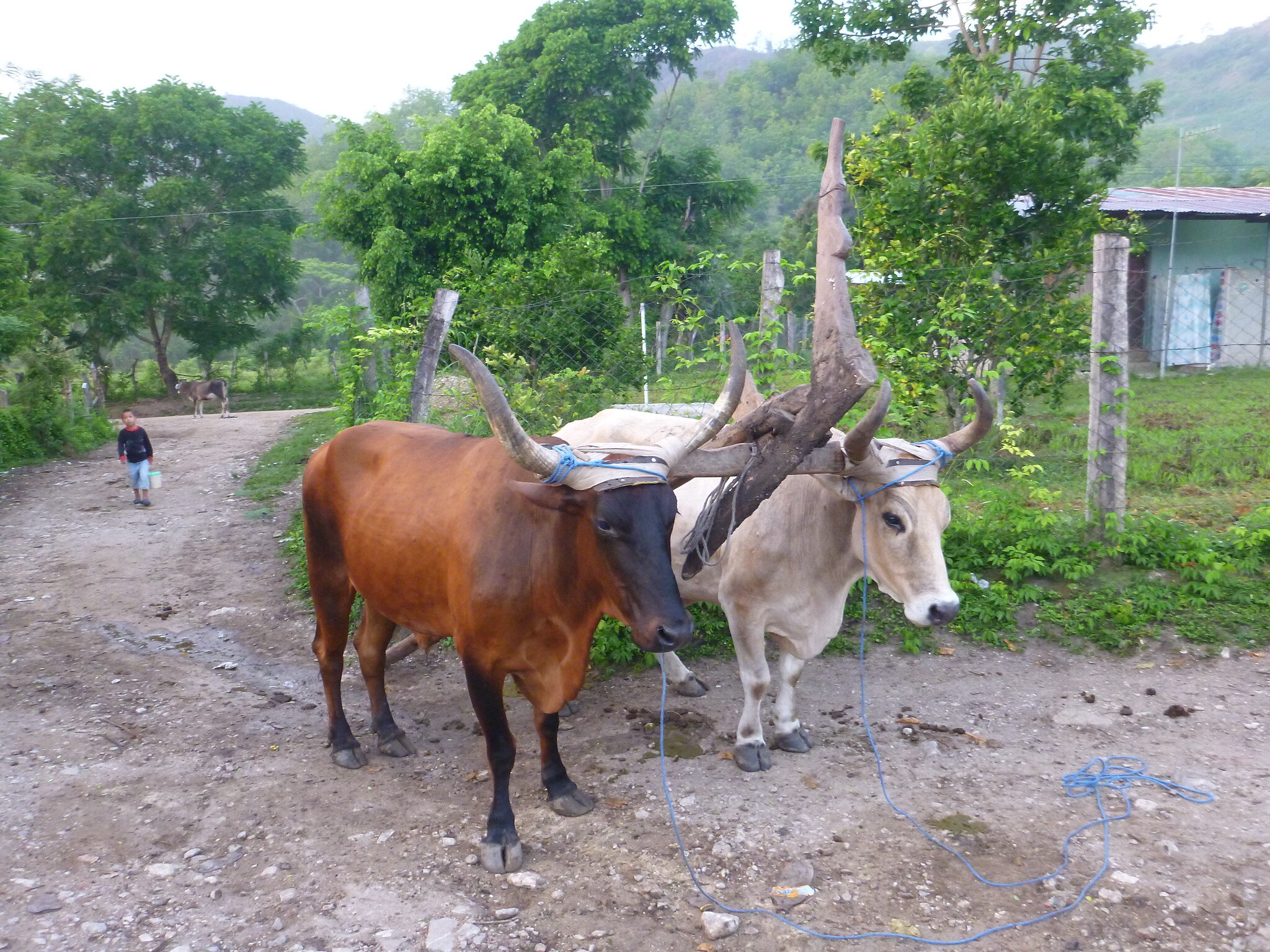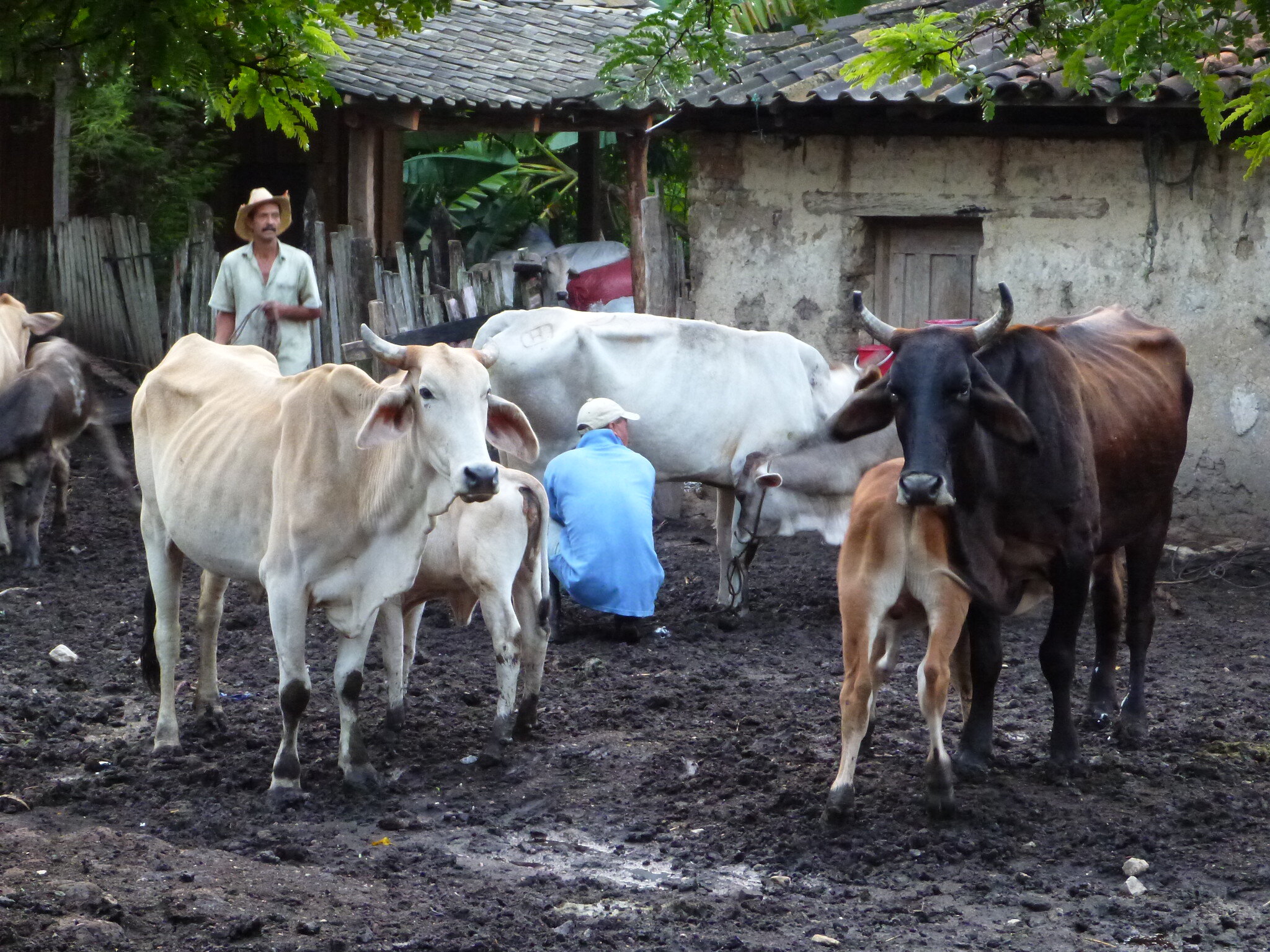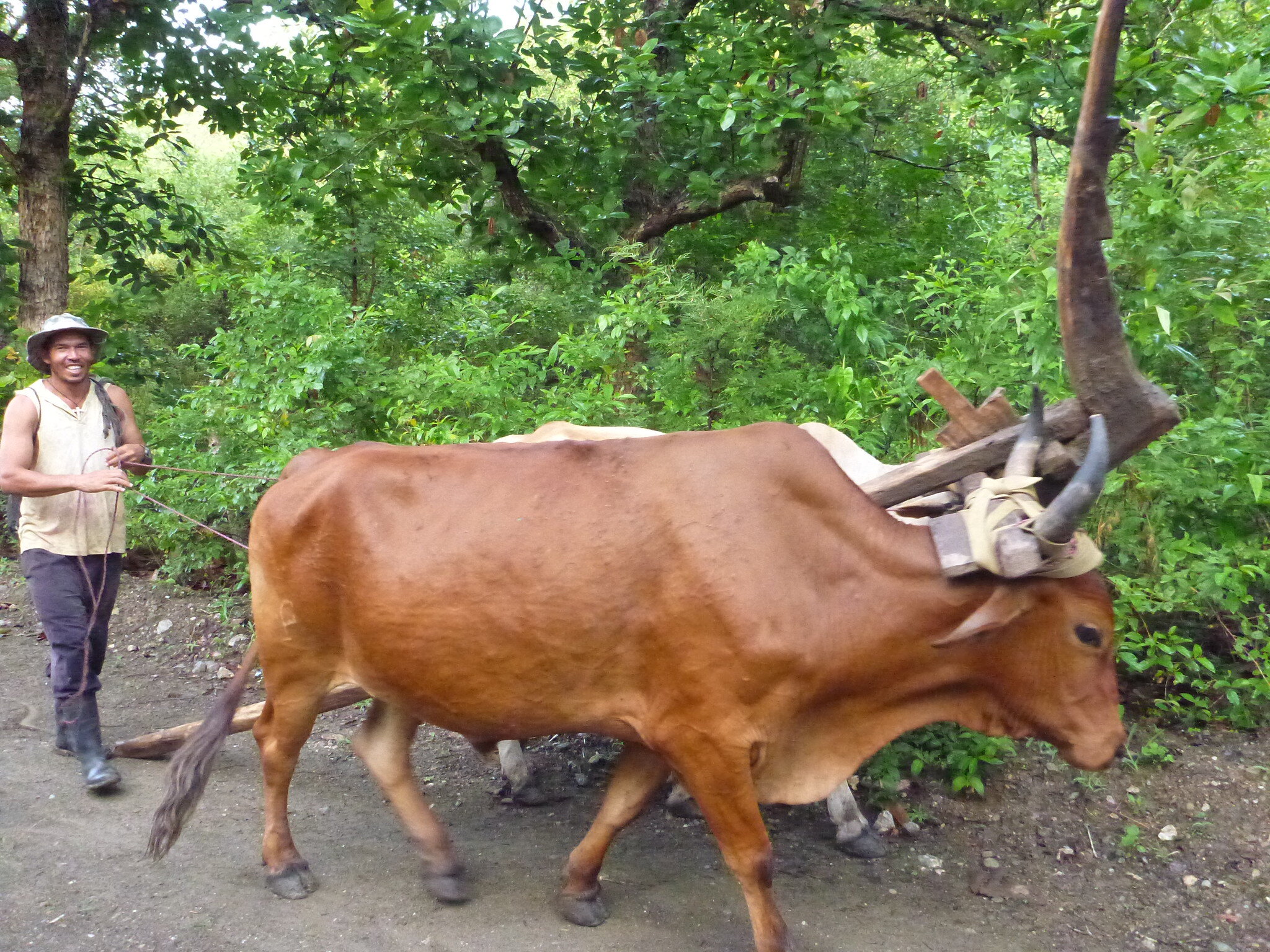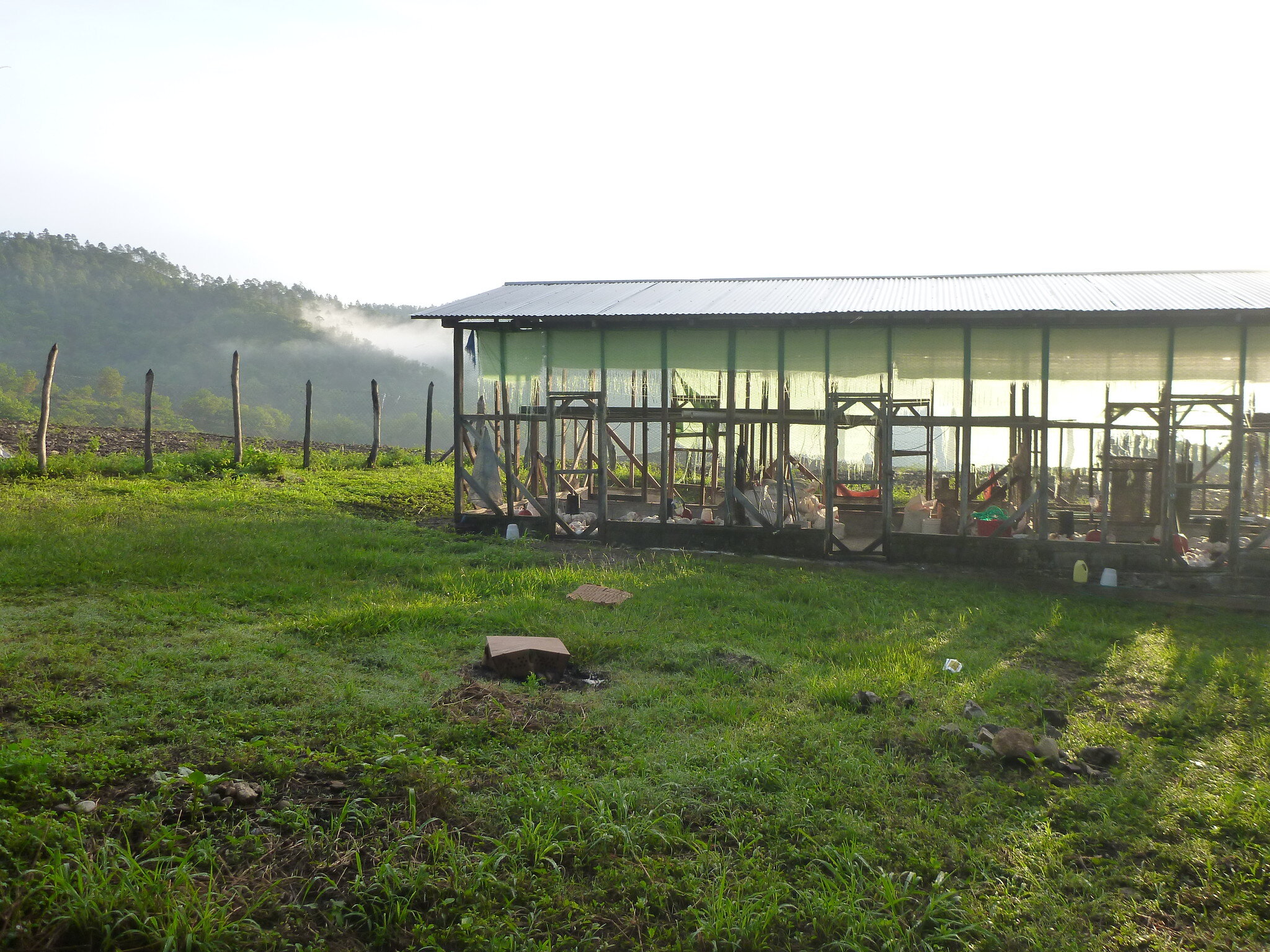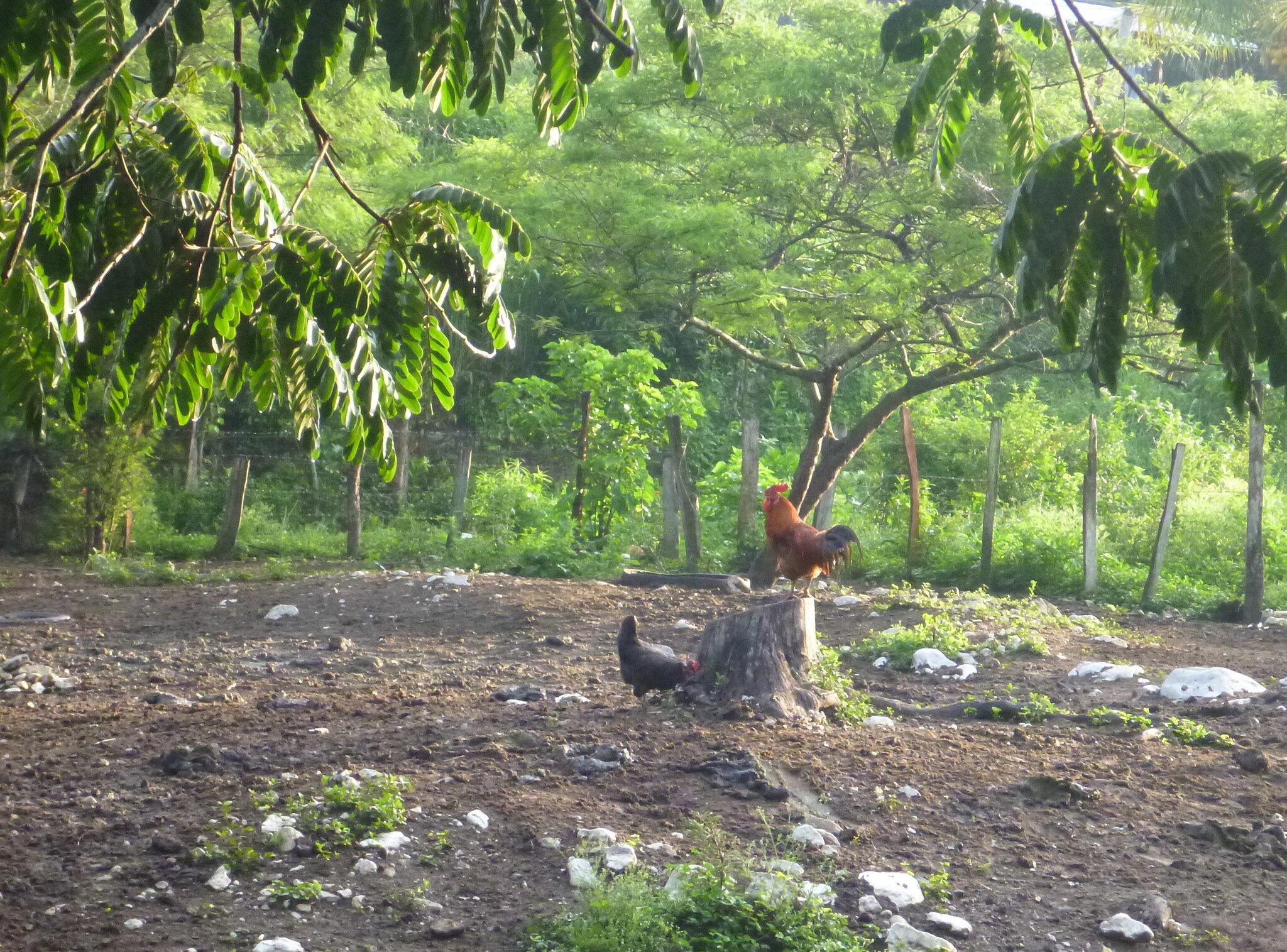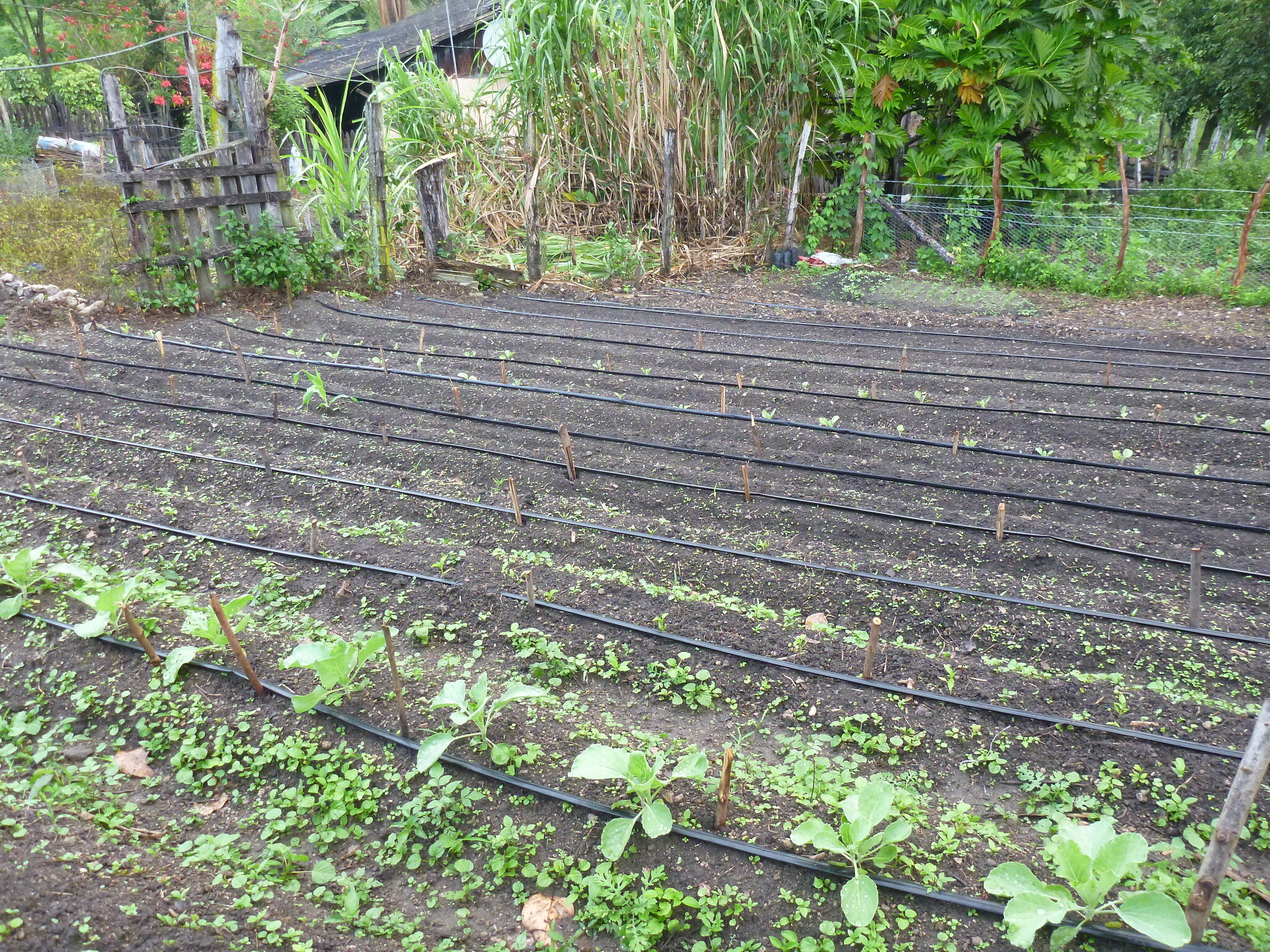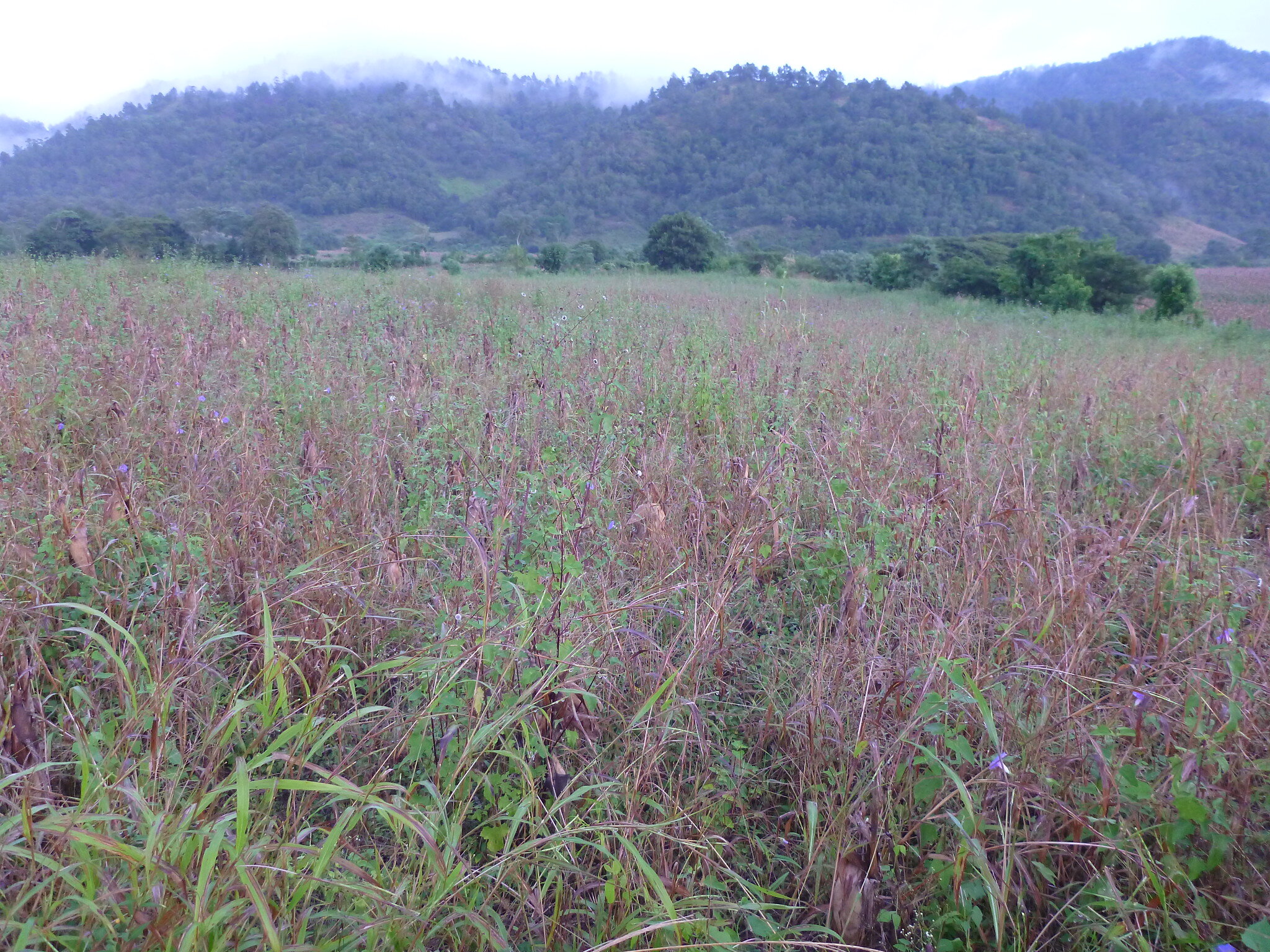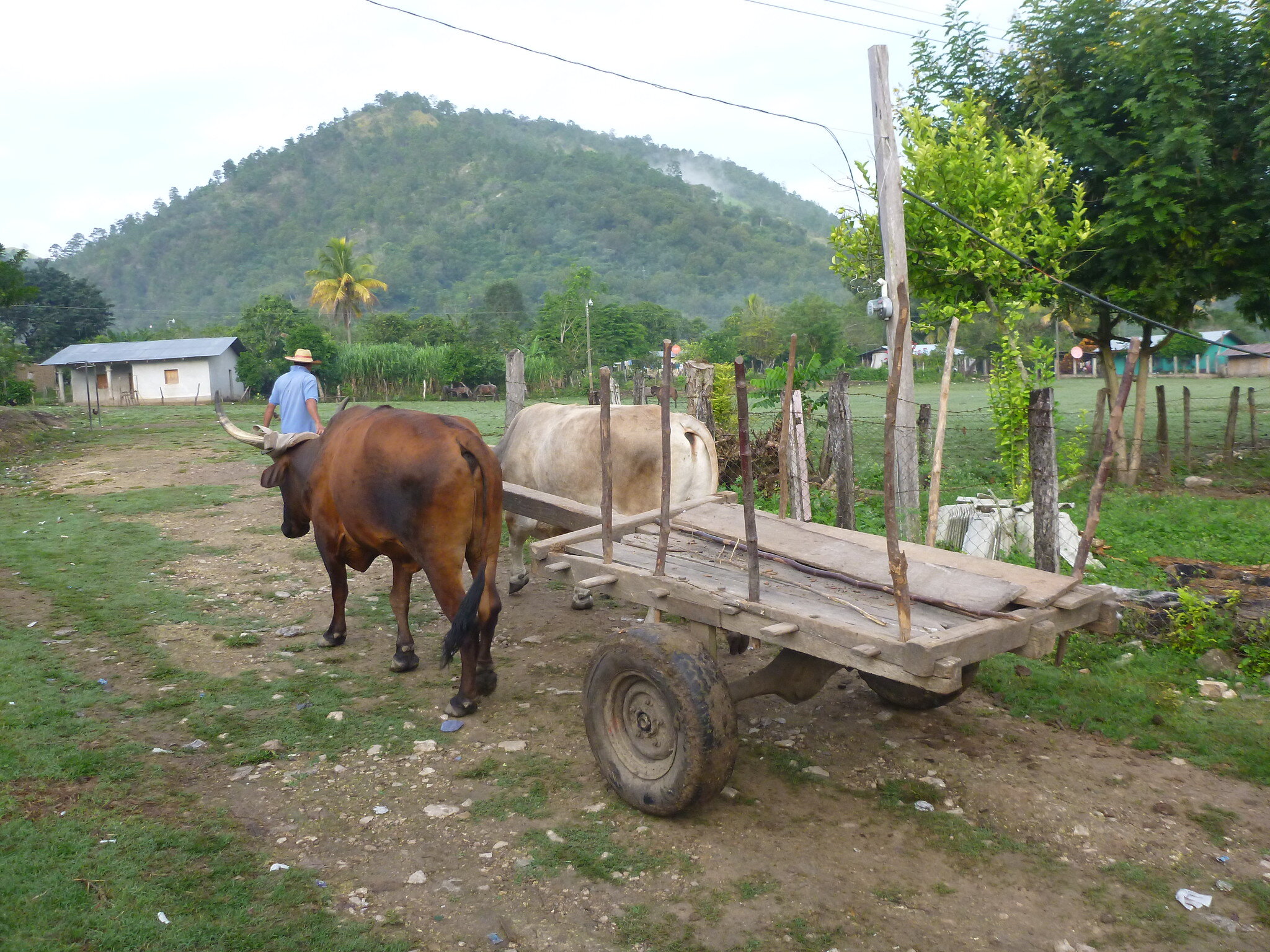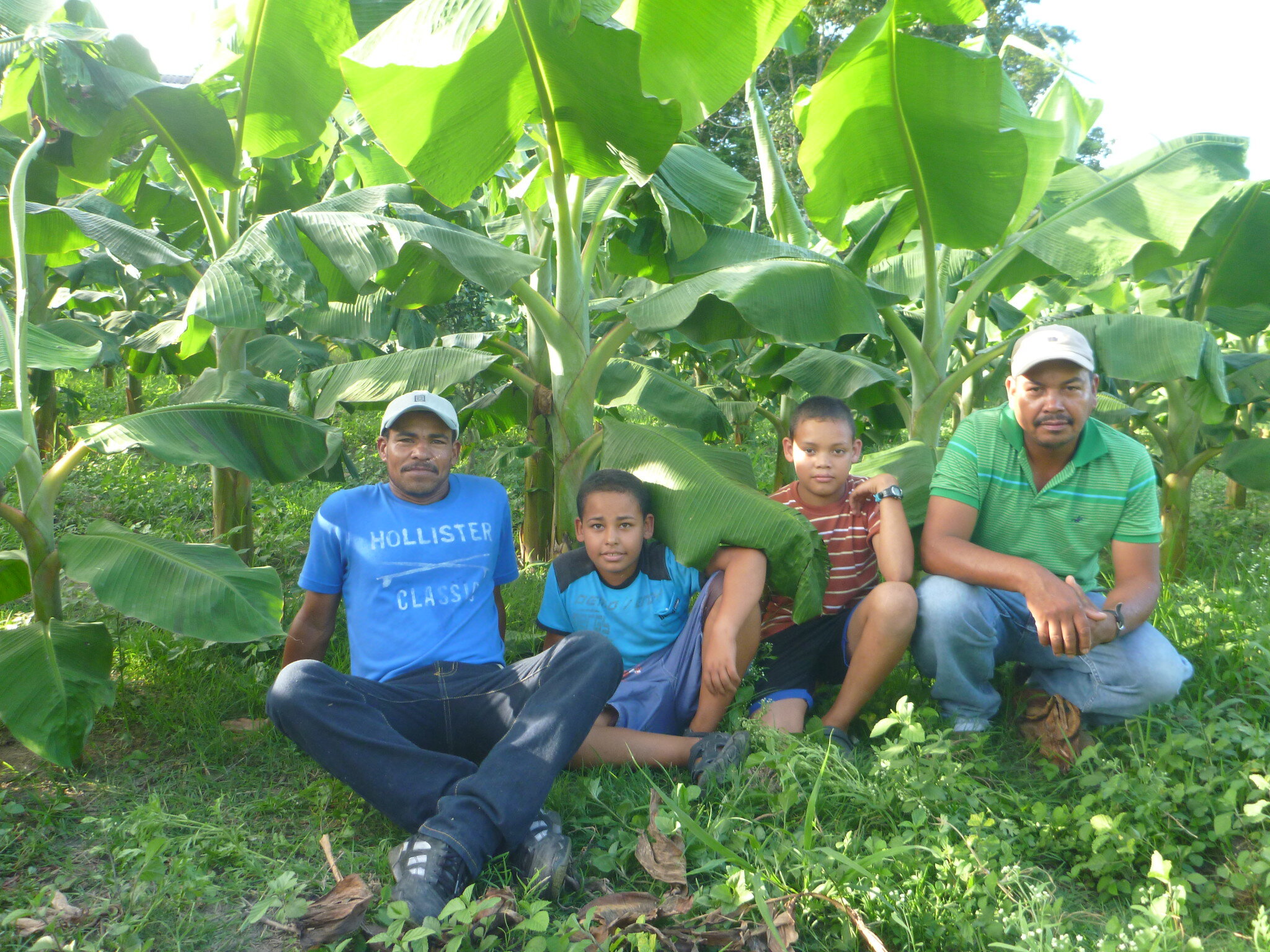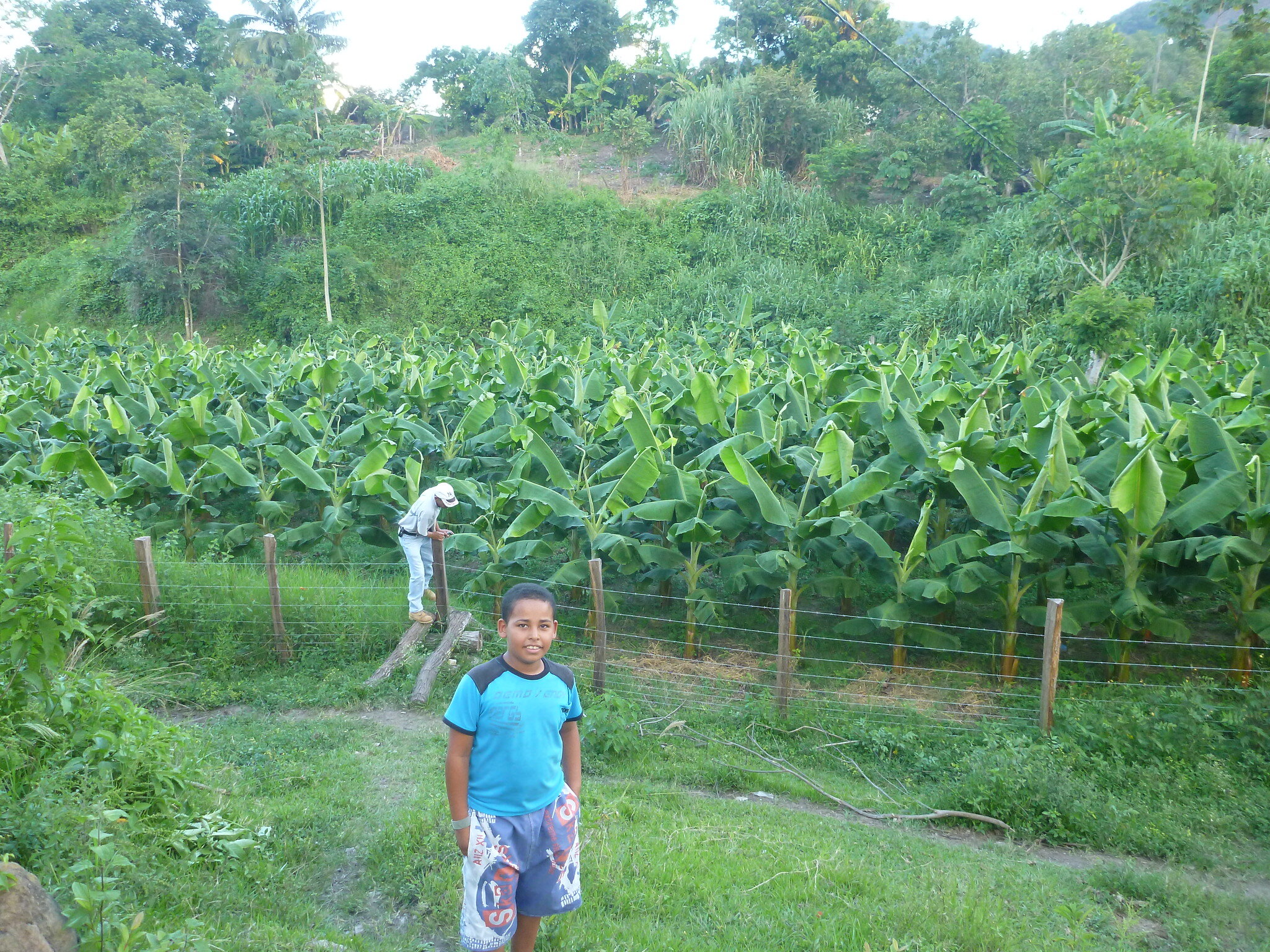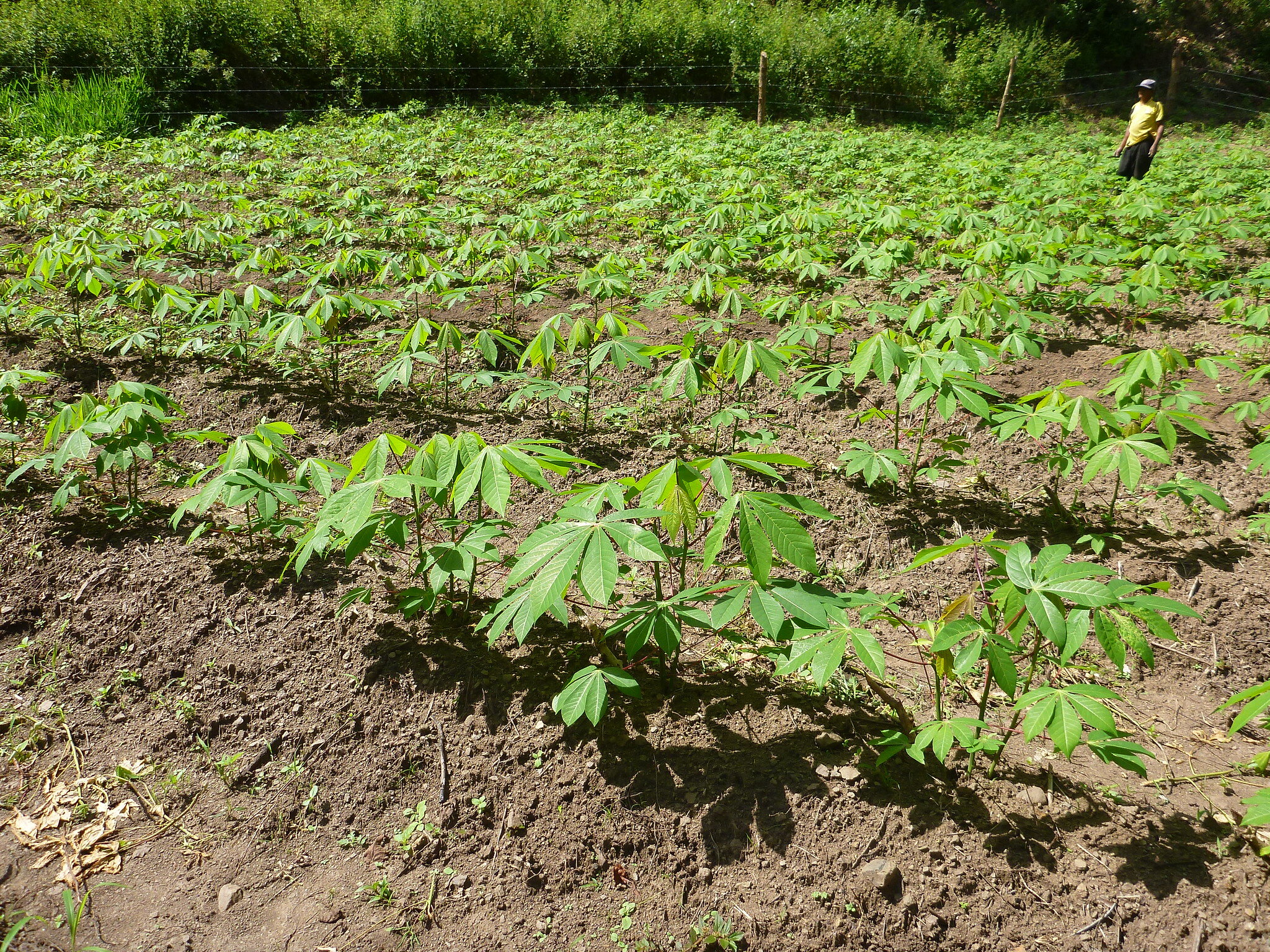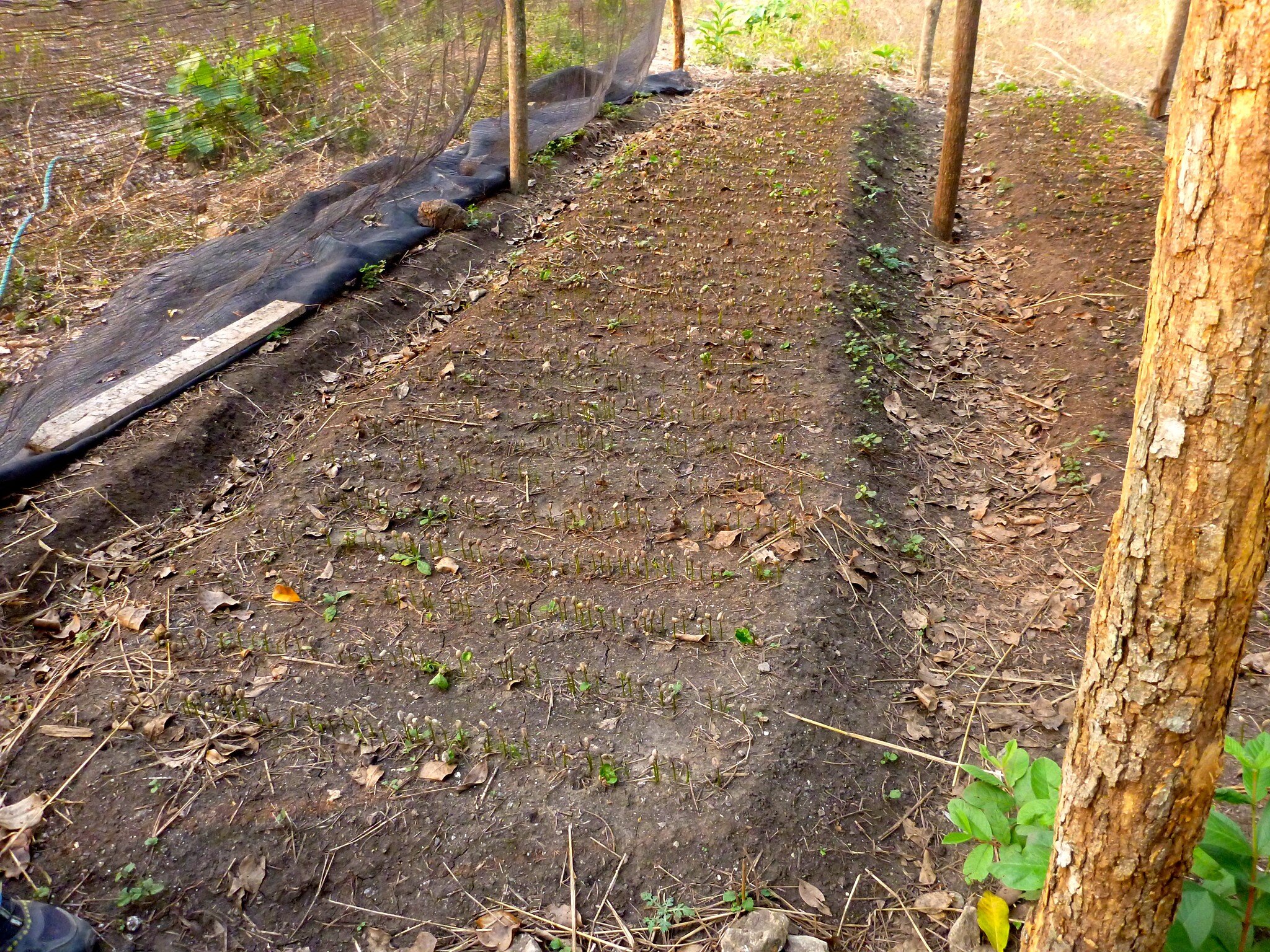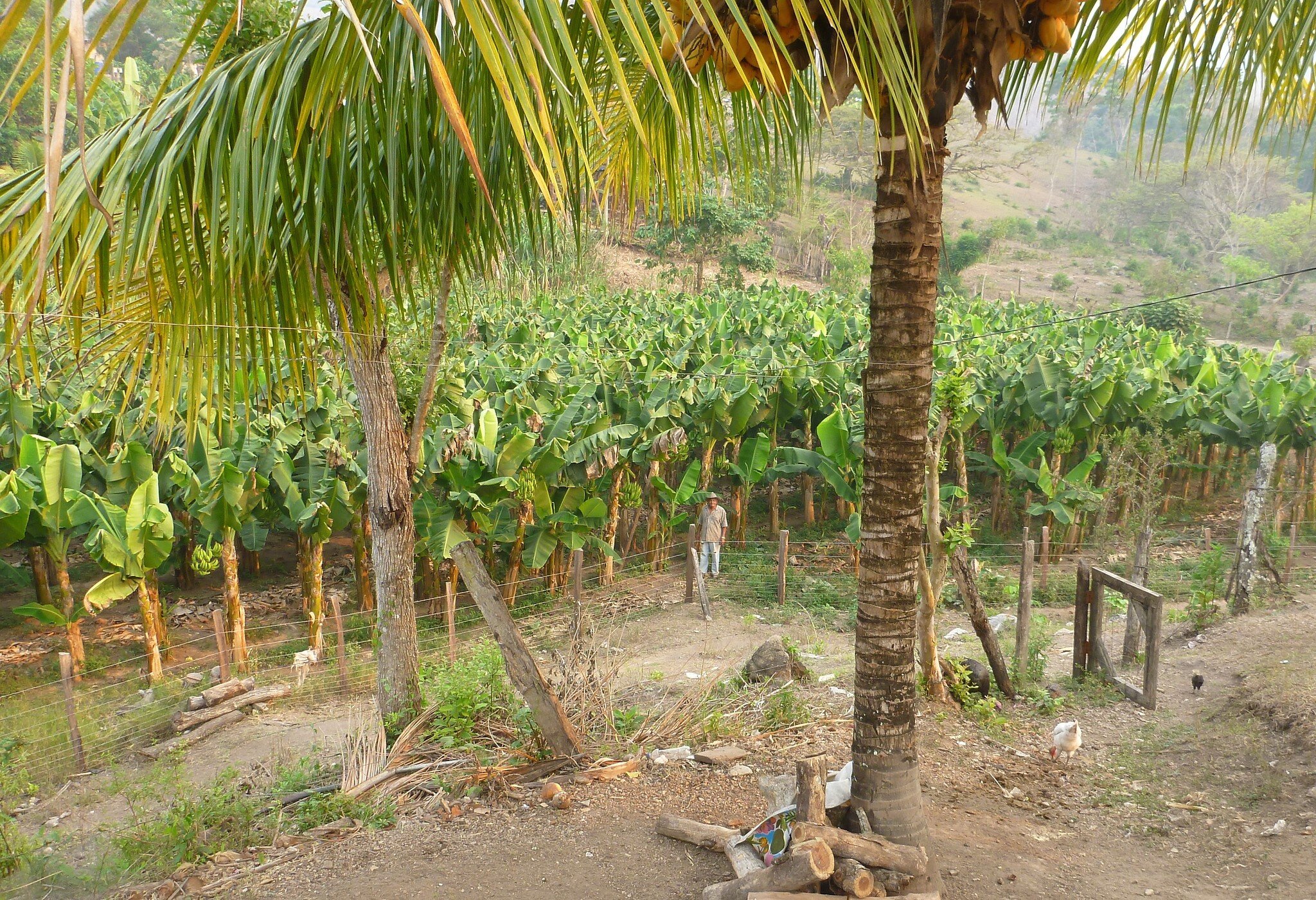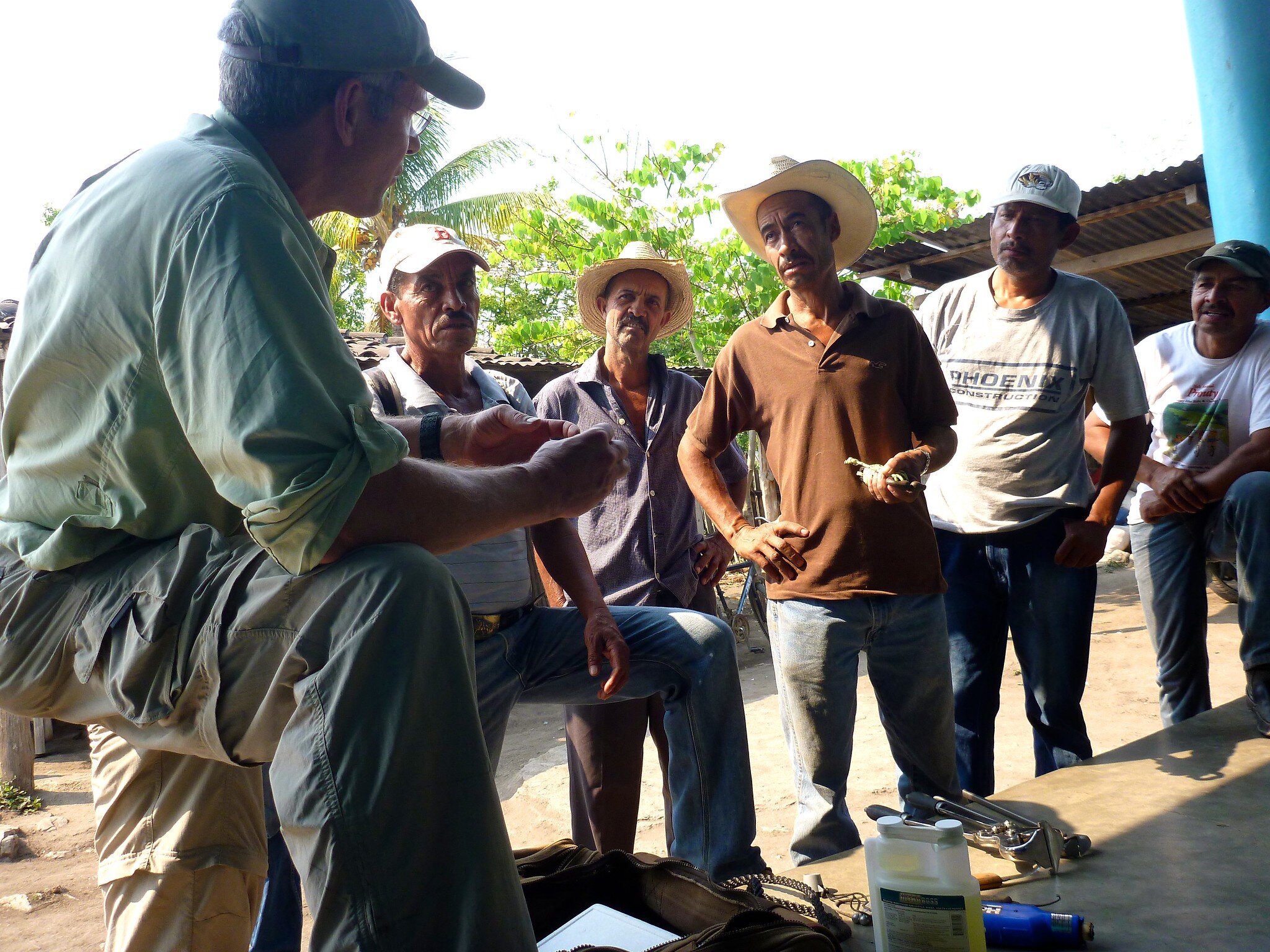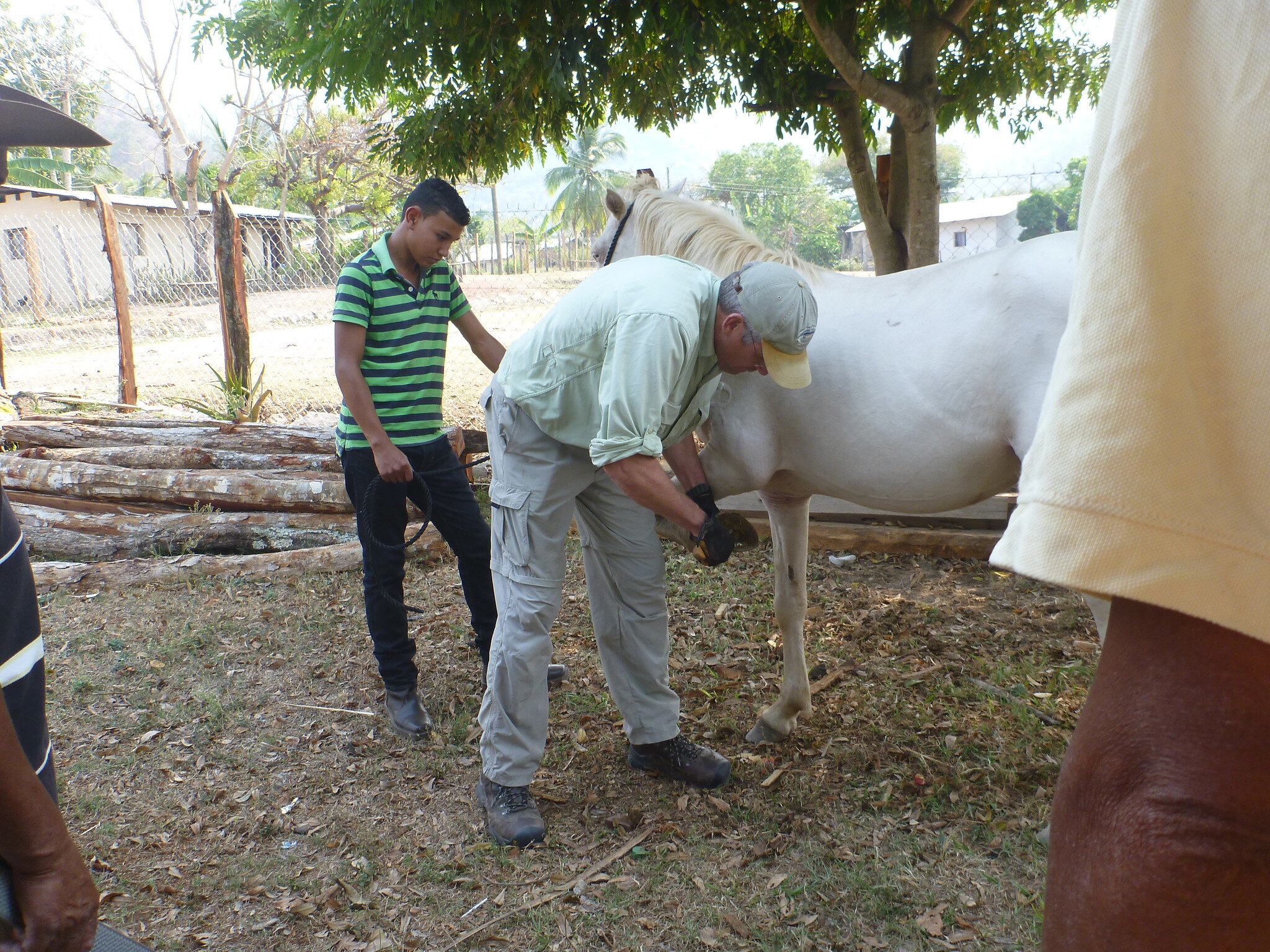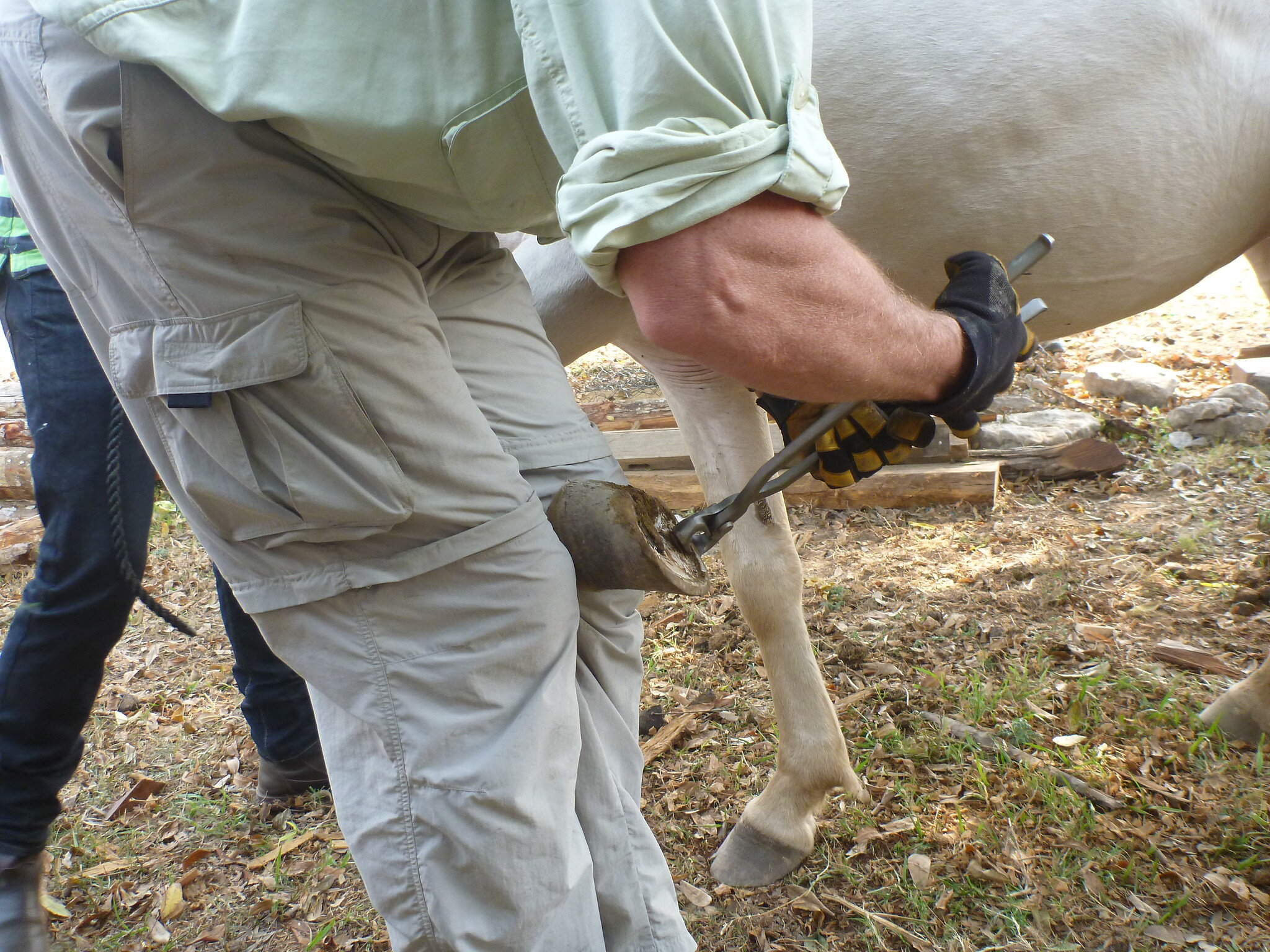Agriculture
El Rosario is a community driven by an agrarian economy, presenting a variety of challenges and opportunities.
Subsistence Agriculture
Subsistence farming where families raise the food that they eat is the core of the economy in the El Rosario region. Like many places in the world where more people are living on the same land that formerly sustained smaller populations, the land is overworked and eroding. More land on the hillsides has been cleared for farming, and erosion and soil degradation have been some of the many deleterious results. The trees which protected various springs and streams are gone, leaving the sun and its heat to further impact the land and its people.
Corn and beans are the primary crops; they provide the basic Honduran diet of frijoles and tortillas. The land is farmed mostly by men and teenage boys who do much of the work with basic machetes, sometimes aided by a team of oxen or a few hours of work by a neighbor with a tractor for hire.
Micro-bank Initiative
New initiatives often spring from these local groups, the micro bank being a notable example. Beginning in 2013 with a grant of $11,000 from ACTS the local farming leaders formed Born to Grow, an agricultural microbank to improve farming families’ access to low-interest loans and facilitate cooperative buying of seeds and agricultural chemicals at reasonable prices.
The Micro-bank committee was initiated by local leaders, and has been formalized and approved by the government as a local credit union. ACTS contributed seed funds to take on new members and to support a revolving low-interest loan program. In these difficult times, the micro-bank has developed programs to assist families who are literally eating their seed corn.
Agricultural Center
With an anonymous gift through the New Hampshire Charitable Trust and the Coverys Community Healthcare Foundation, ACTS in partnership with Dartmouth’s Norris Cotton Cancer Center facilitated a two-year project to reduce farming families’ exposure to agricultural chemicals. This included building a facility for safe storage of chemicals away from children, extensive educational programs for teens and adults about safe use of chemicals, onsite manufacture of childproof storage containers for homes, and research studies to evaluate change in knowledge, attitudes and behaviors. In 2018, more than 100 farmers were using the facility to store chemicals, shower and wash their clothing after using chemicals, obtain free personal protective equipment (gloves, masks, eye shields, and long-sleeved shirts), and to participate in educational modules.
Weather
For generations, the weather in El Rosario has been predictable and hospitable to farmers. With climate change, the weather has become more erratic and rainfall is severely diminished. Corn and beans not only feed the families, but excess is sold for household expenses such as school fees, medicine and clothing. The changing weather has brought drought, interspersed with heavy rains which do not penetrate the soil and just run off. The planting schedule is a game of roulette; if seeds are sown and there is no rain, there is the loss of the seed but also the whole crop. And the seed for the next crop. Similarly, if the planting window is missed, the crop for that year is lost. The weather can be disastrous.
ACTS’ Role
2022 and 2023 have been challenging and many farmers have had no crop at all. Farmers are trying to adapt to new realities, and ACTS has helped by providing instruments to measure rainfall and record weather data for the region. Due to the availability of internet, we have regular weather updates from Nelson in El Rosario.
Villagers all know when it will rain. If a certain cloud reaches a certain hillside, it will rain. Everyone has an eye over his or her shoulder, watching and waiting. With an eye towards capturing more of the rain that does fall, ACTS has assisted a community effort to build several tanks to impound water near natural springs. These will be used for crops, animals and people.
ACTS had an international team of agronomists visit the village in July and do 10 field visits with farmers to talk about general and specific soil health and solutions. Seeds for green manures were brought by COSECHA, an Honduran organization which works with subsistence farmers in the Dry Corridor of Honduras. The visitors encouraged farmers to keep their soil covered at all times to prevent erosion, and to increase soil fertility. The use of chemical fertilizers, herbicides and pesticides and the practice of burning the fields was discussed. Plant diversity and soil health, animal forage and terracing were all discussed in the fields and at community meetings. In the wake of that visit, several farmers have built tanks together and are experimenting with new indigenous crops and new techniques. This is a start!
Looking Forward
The arid climate and poor soil are the realities of farming in El Rosario and the simple fixes have been tried. We are working with agricultural experts in Honduras to identify improvements that the farming leadership can consider as possibilities. Top priorities are new strains of corn and beans that can produce with little rainfall, perennial plants that produce desirable cash crops, and techniques to improve the soil so that farmers can do more with less area.
